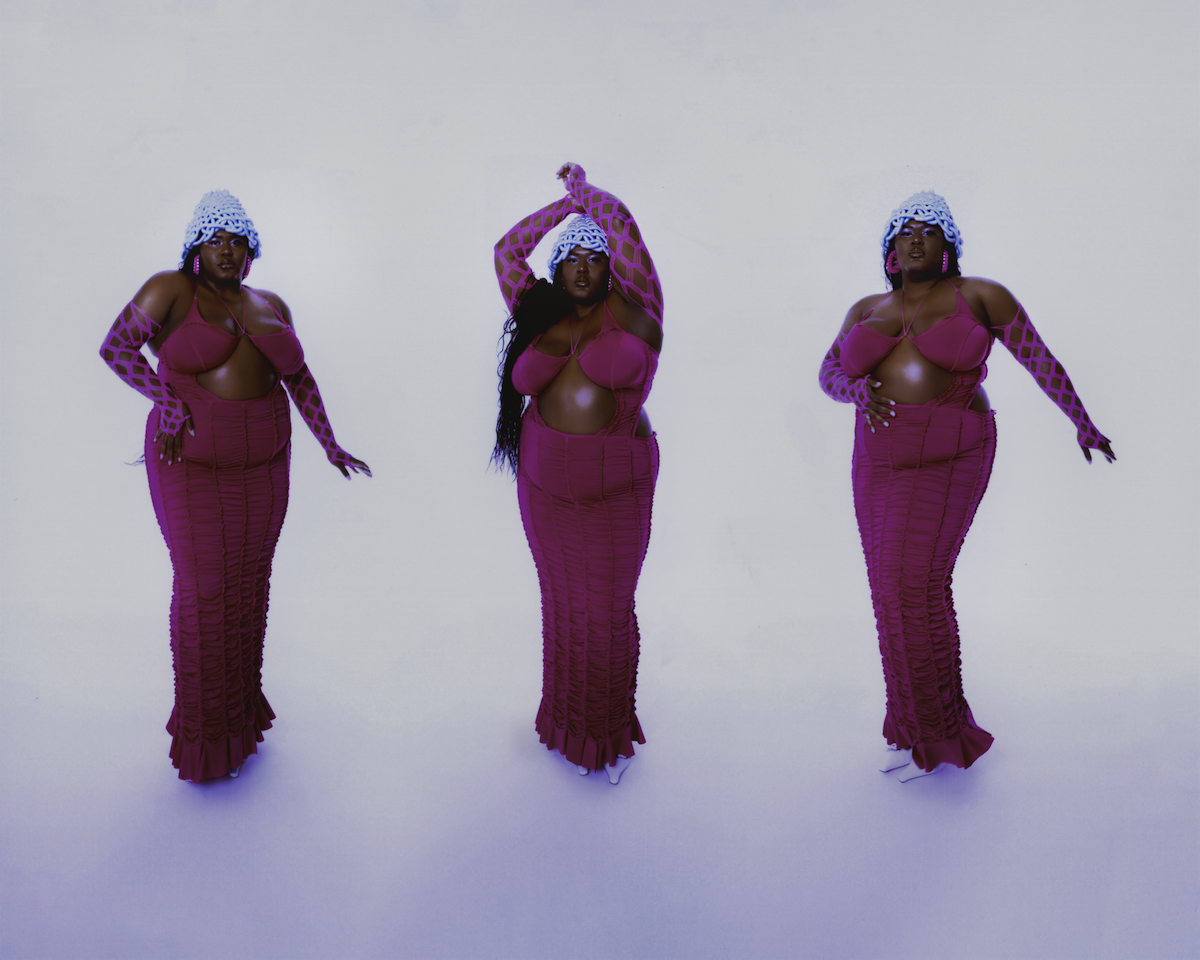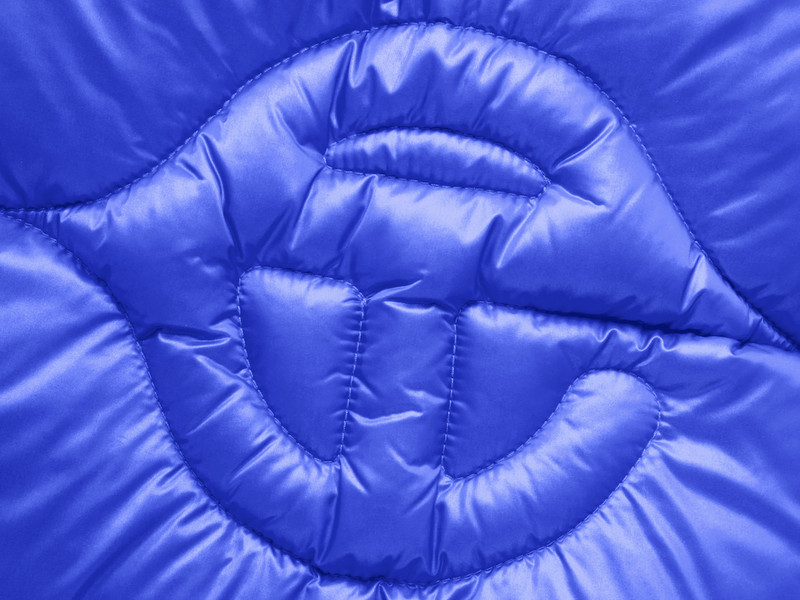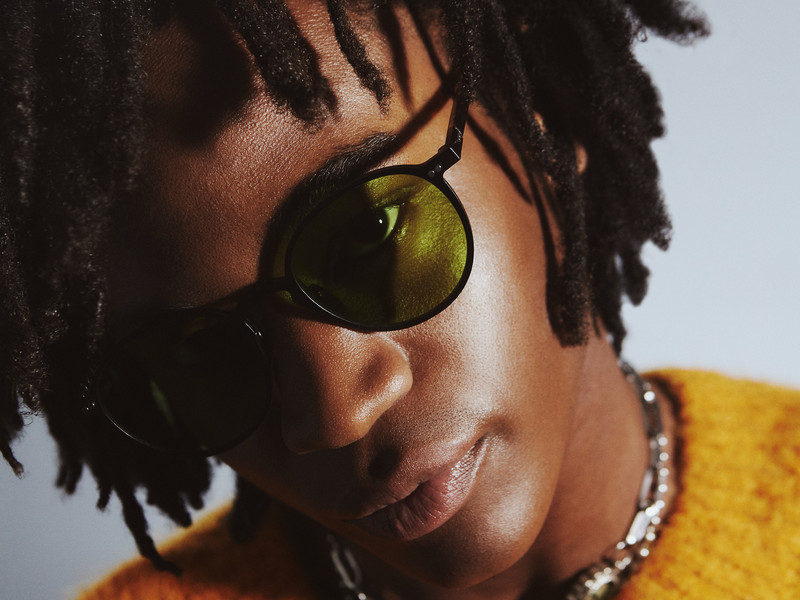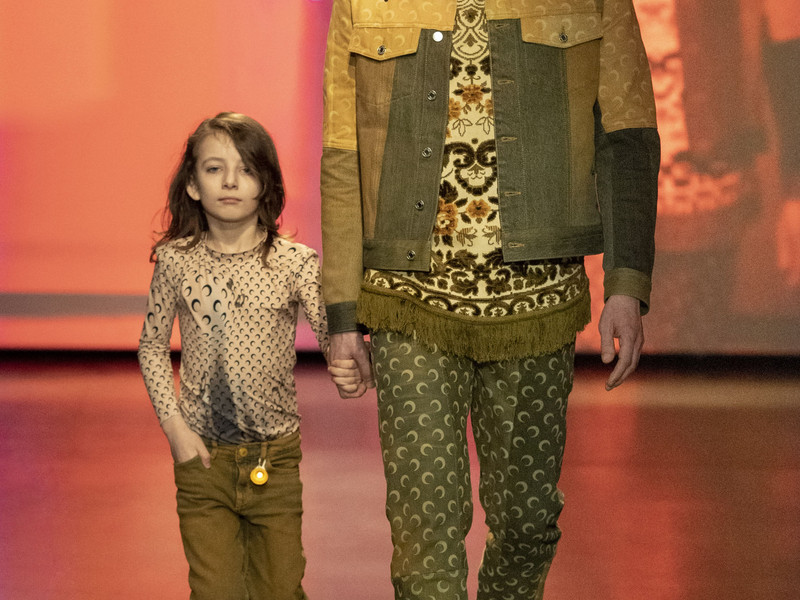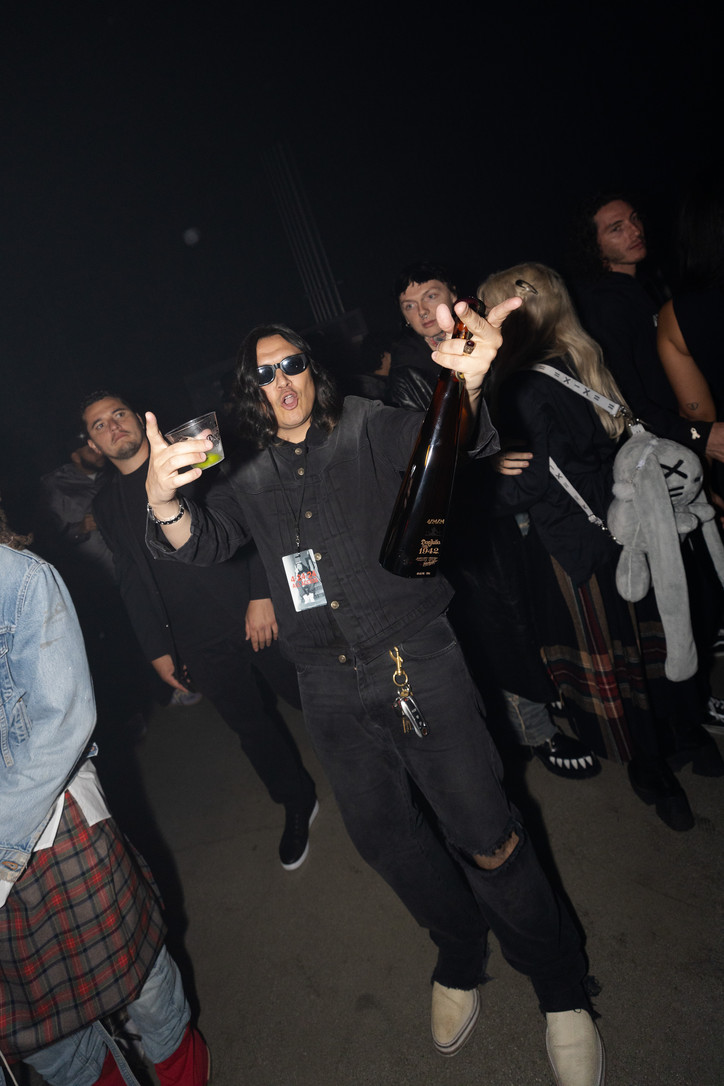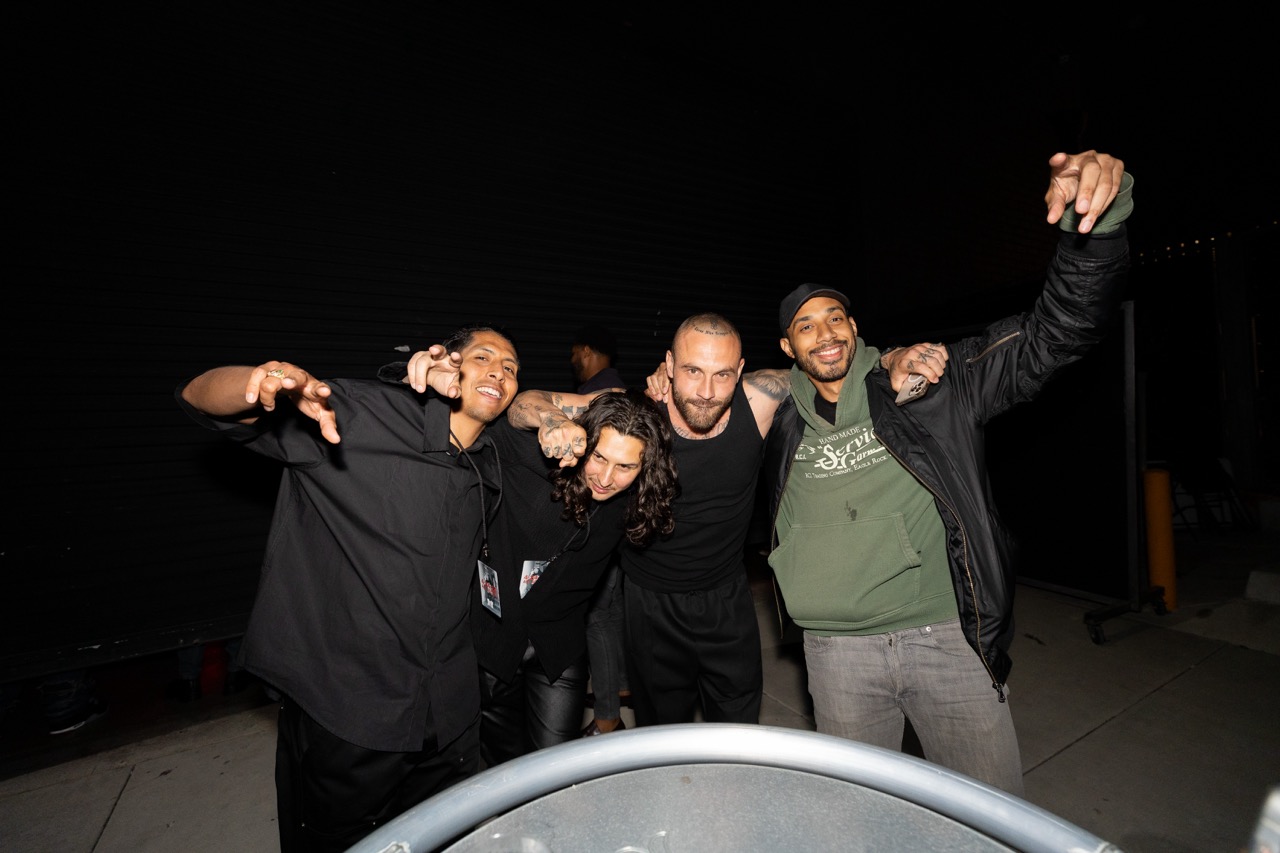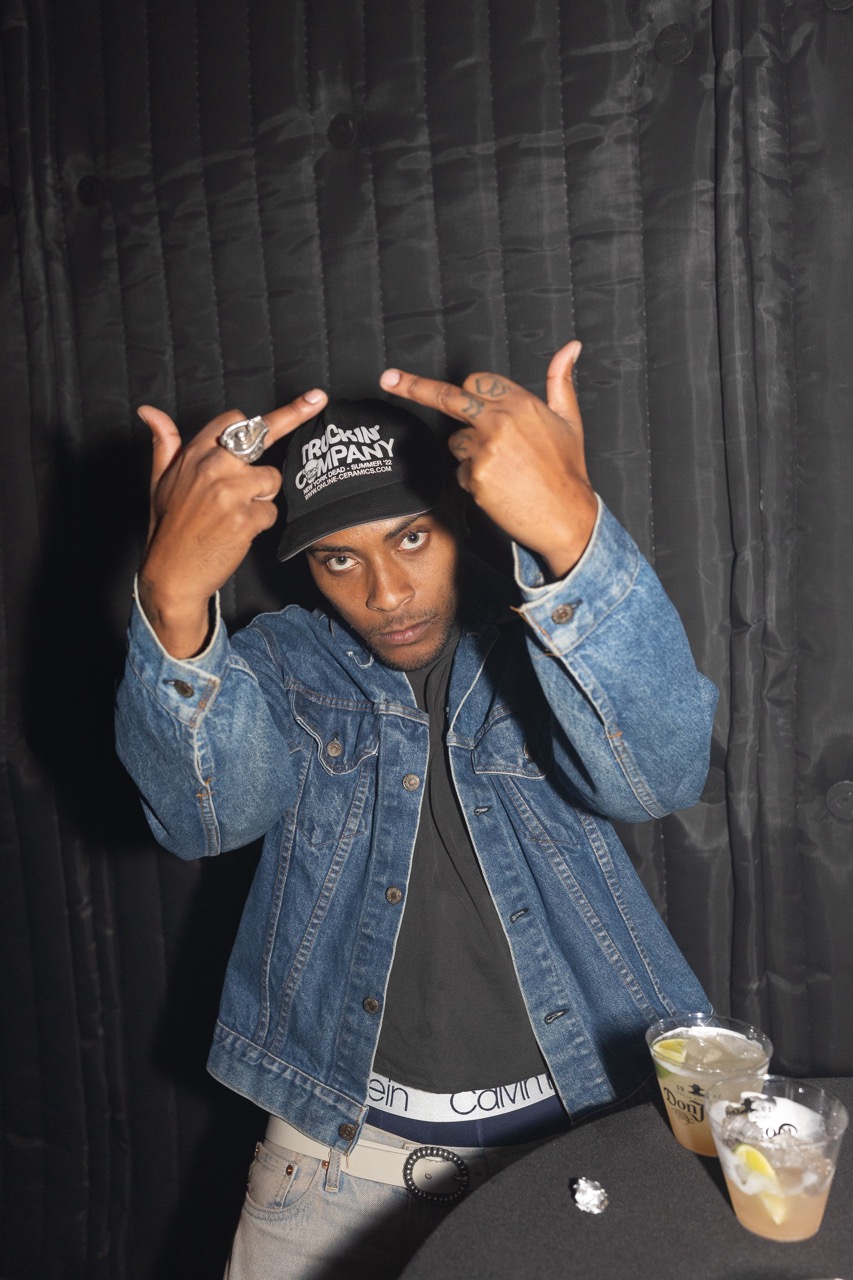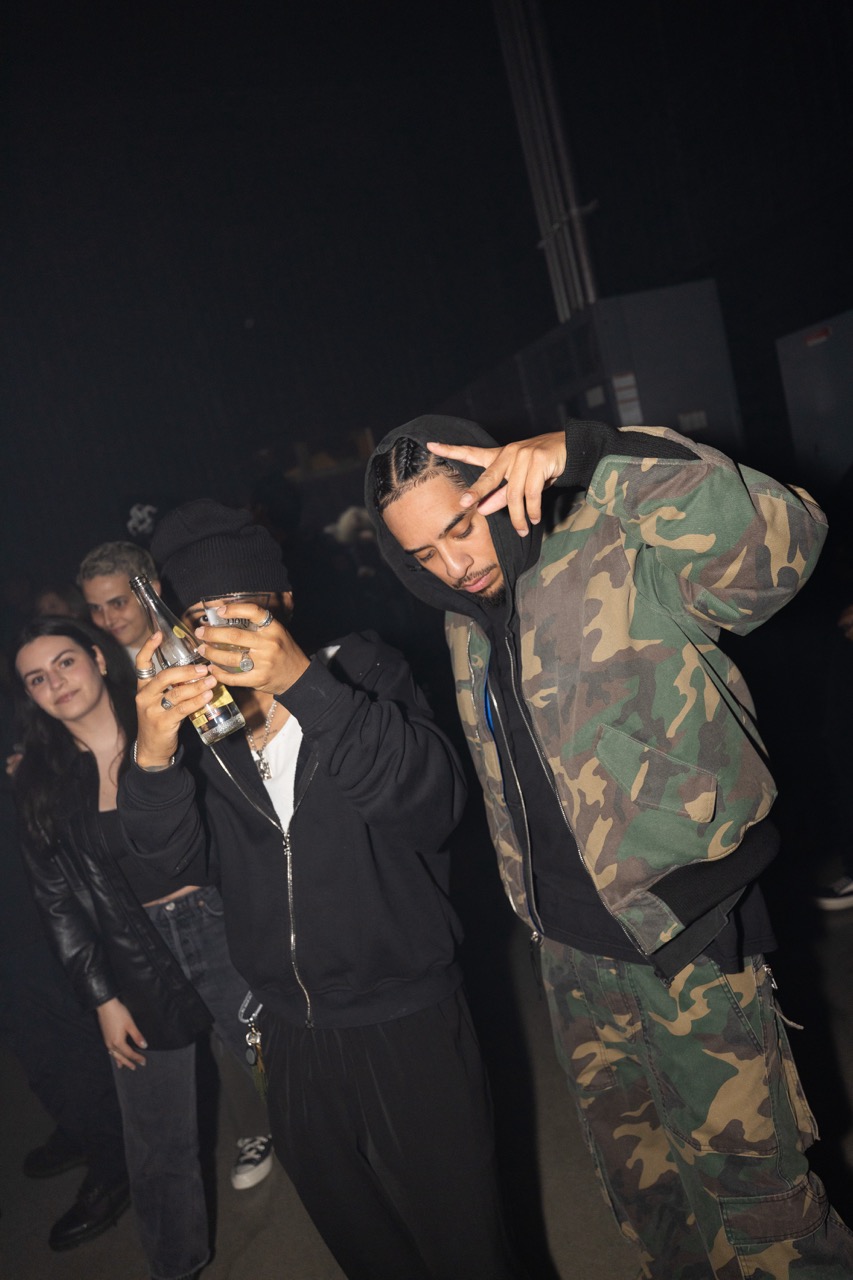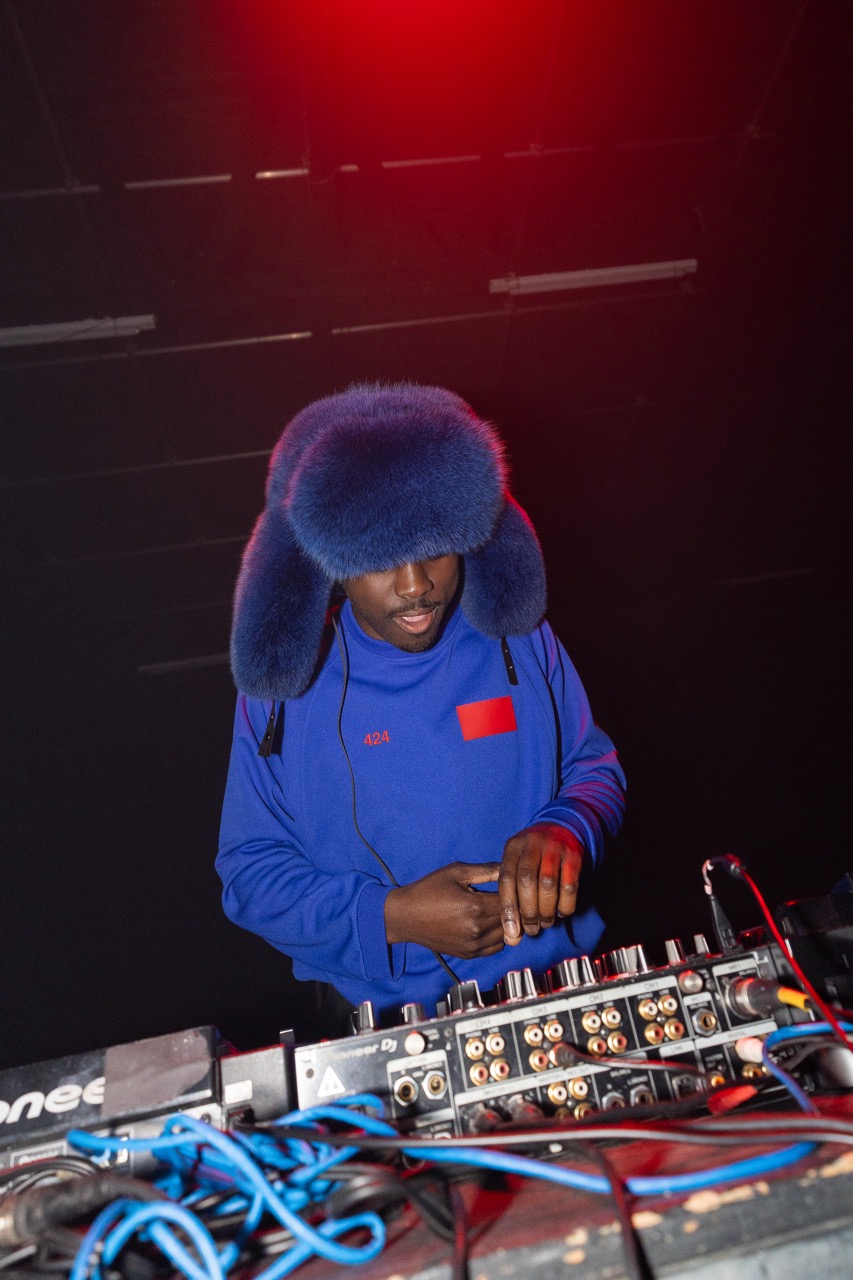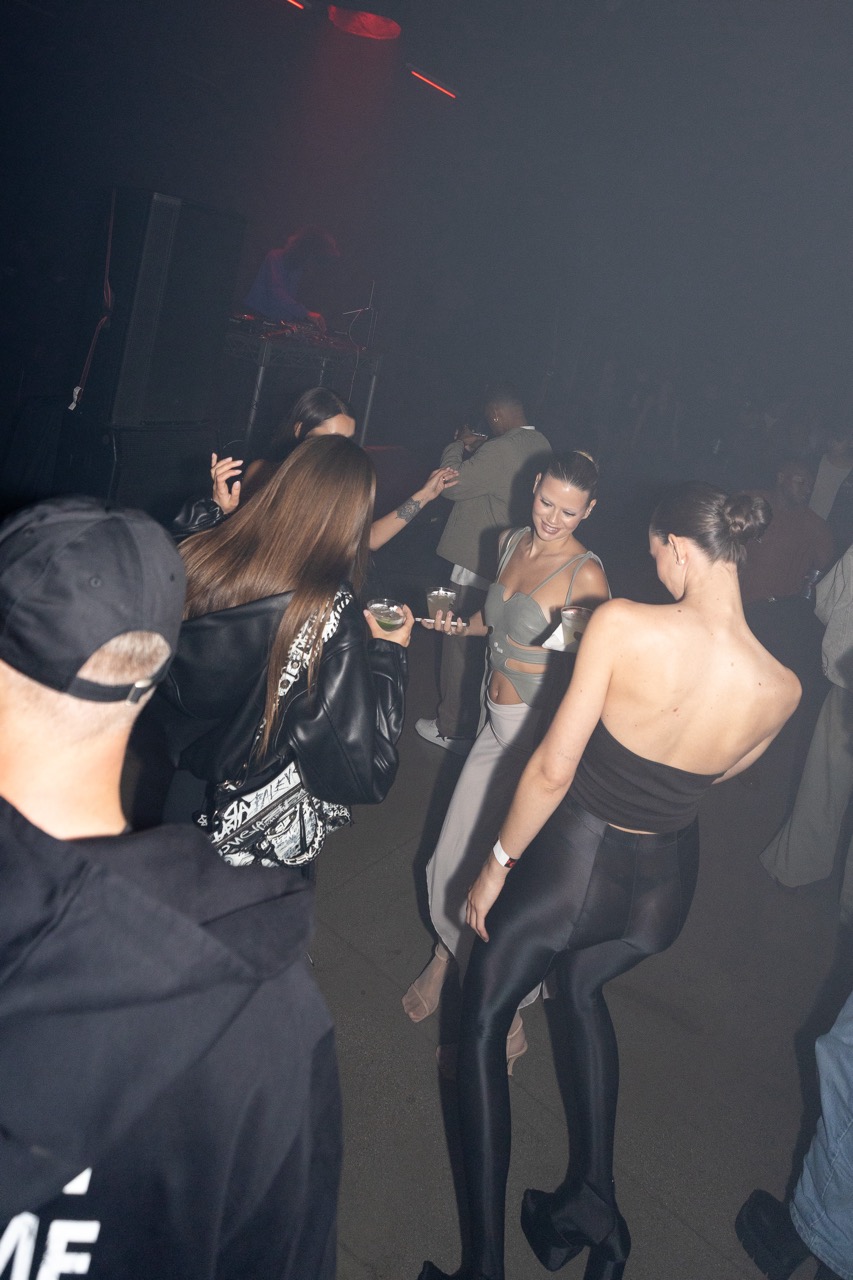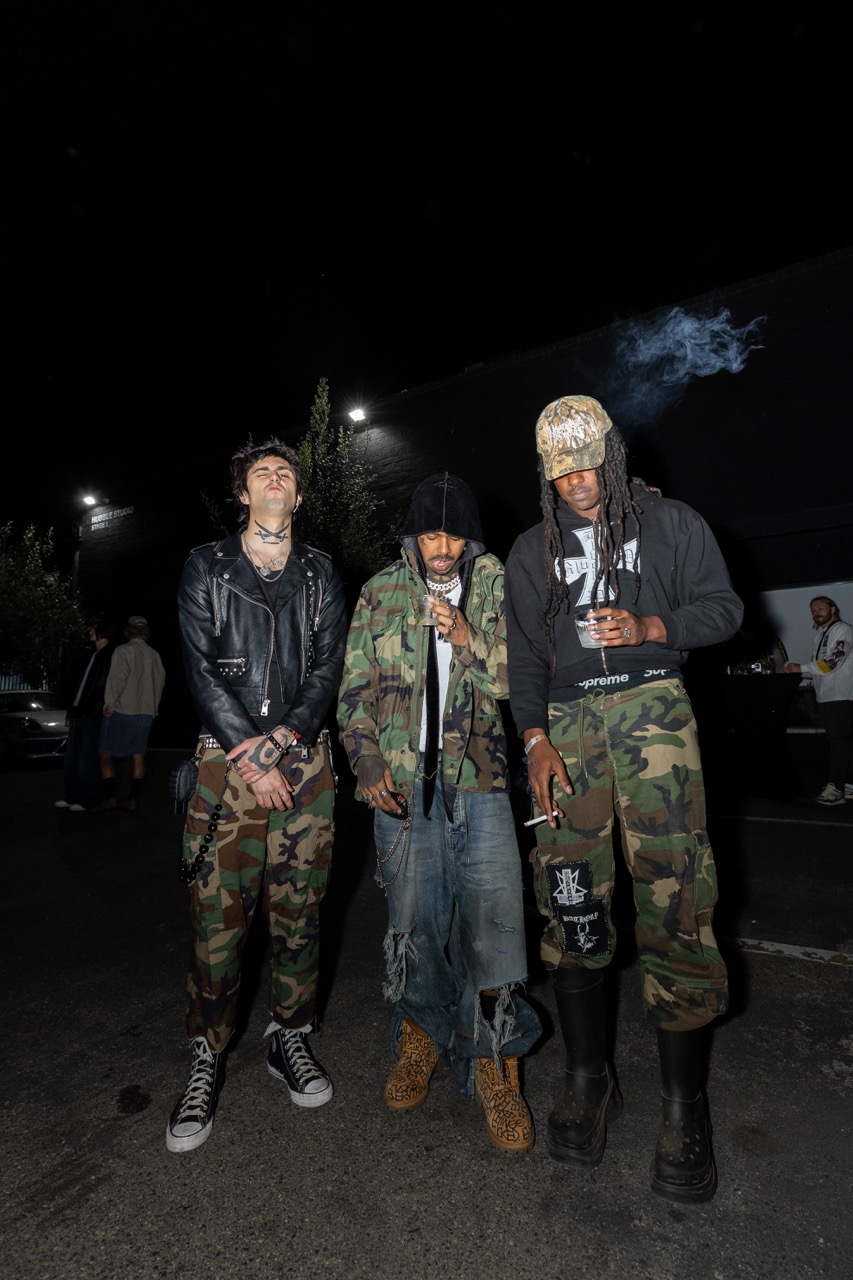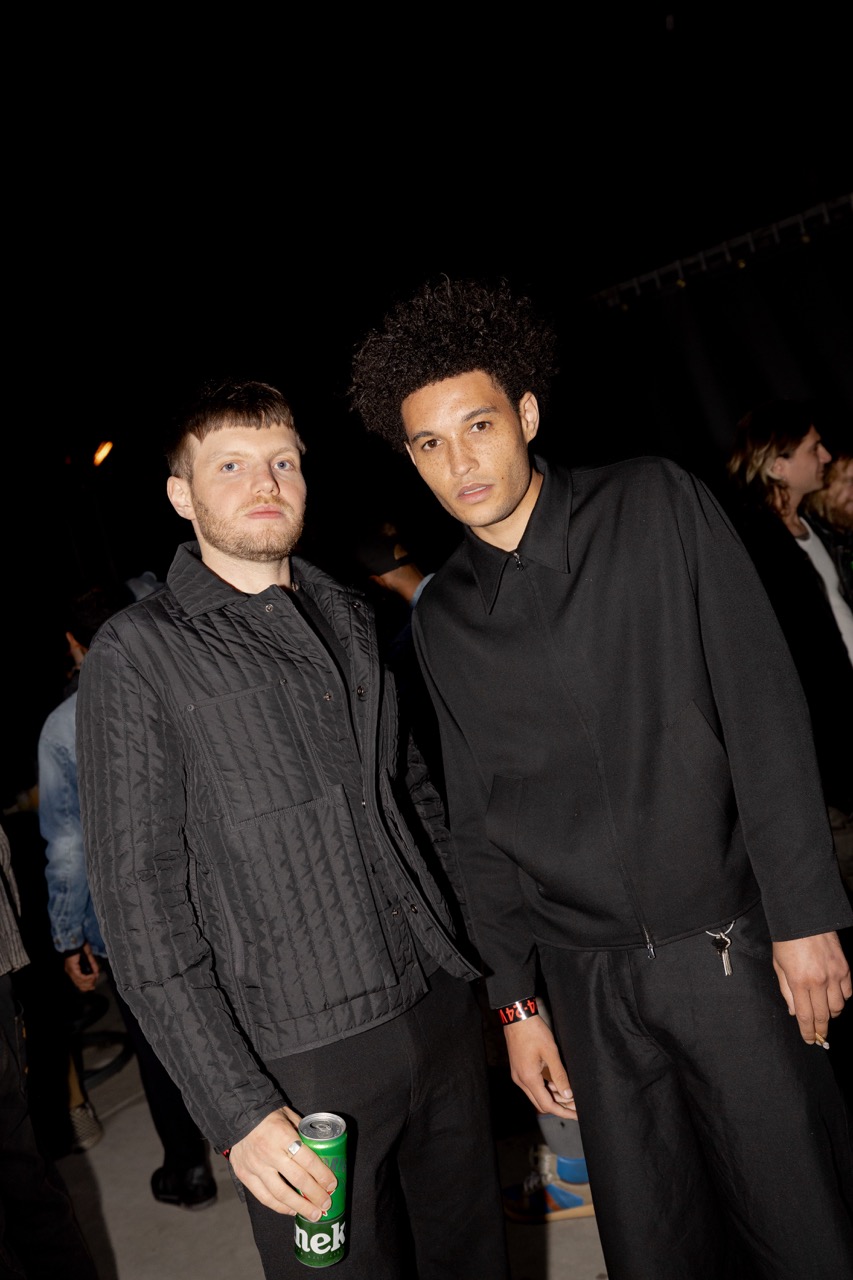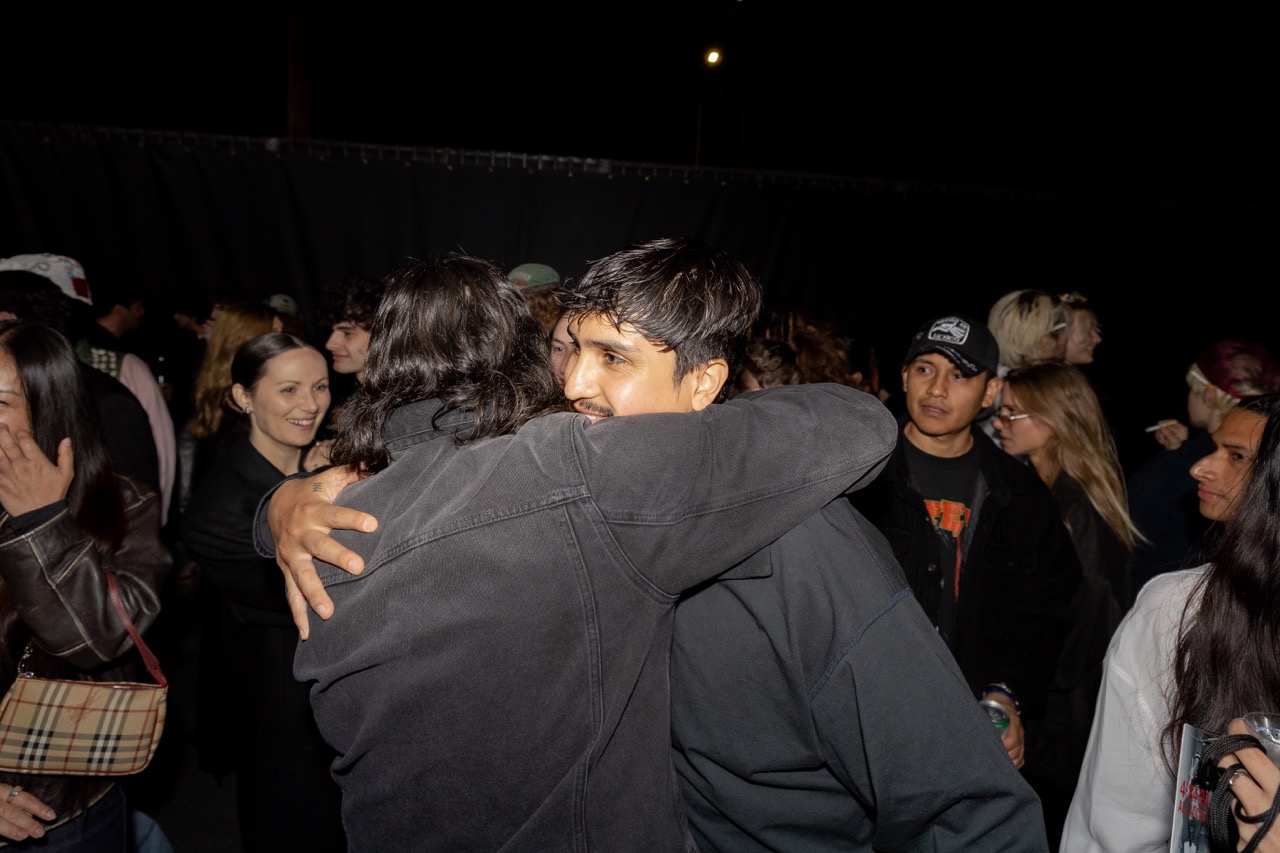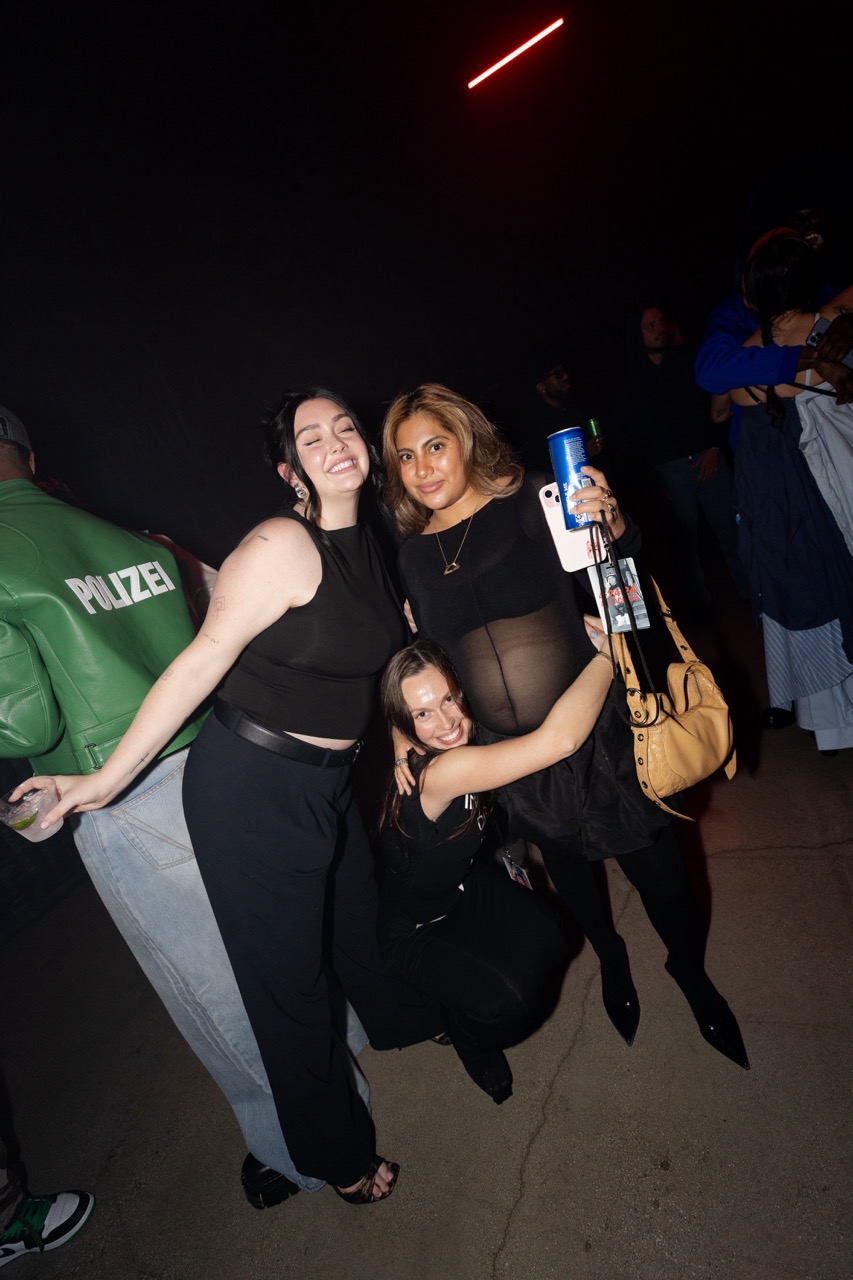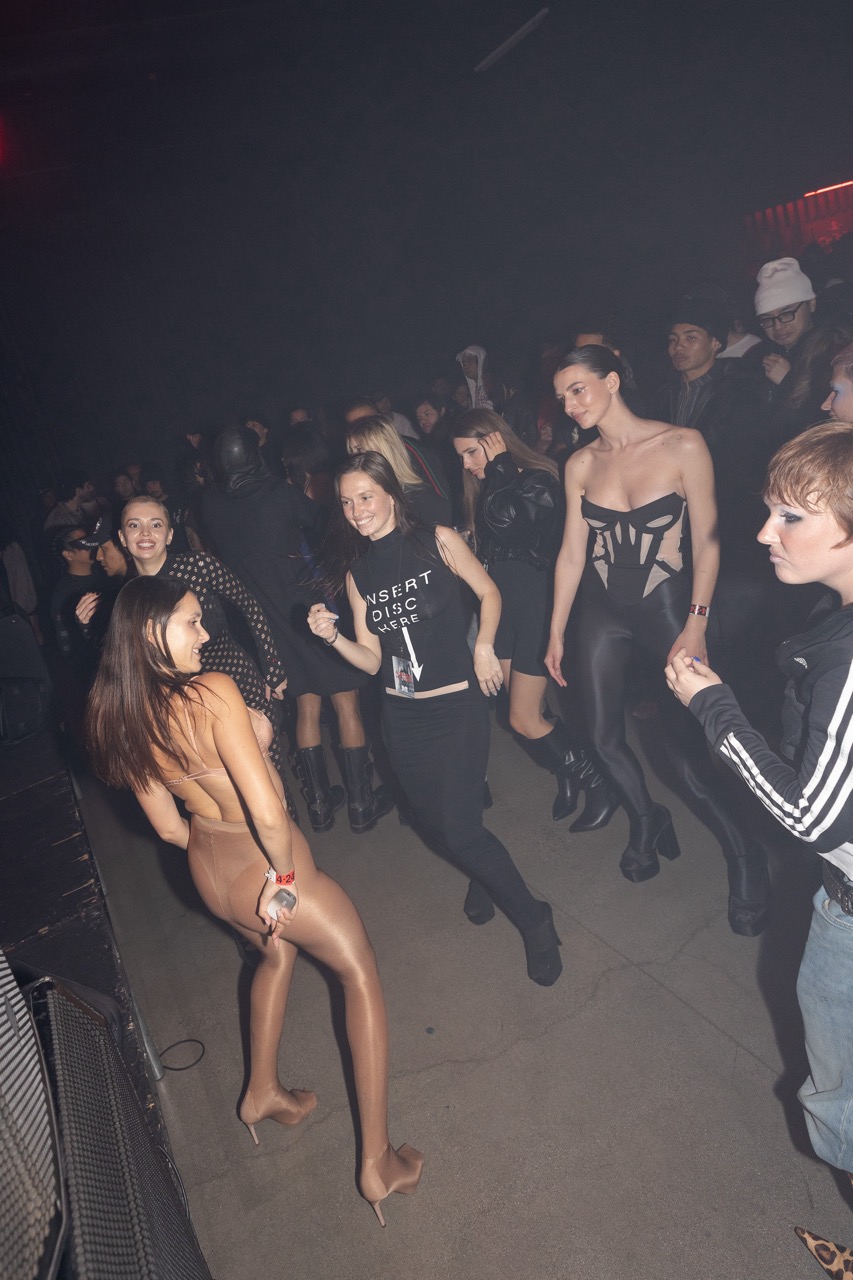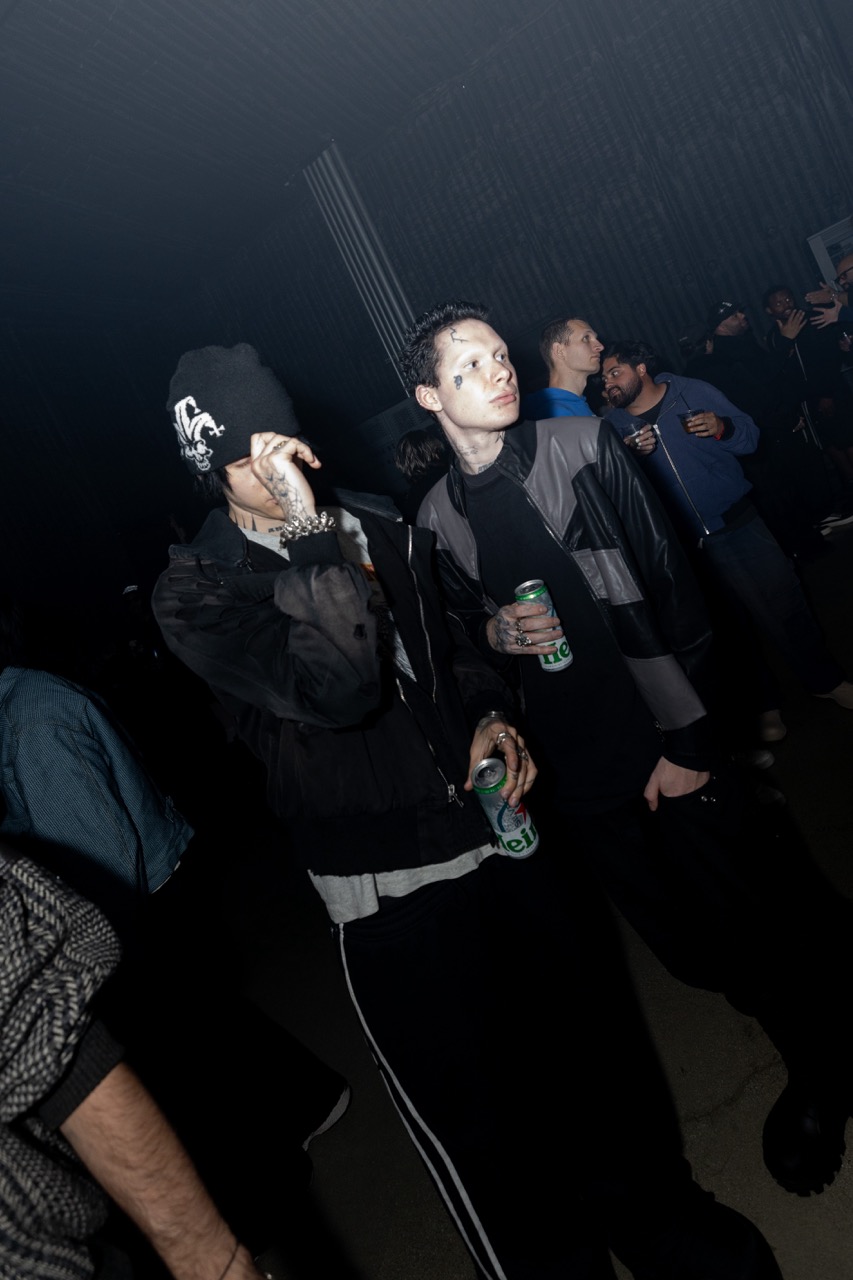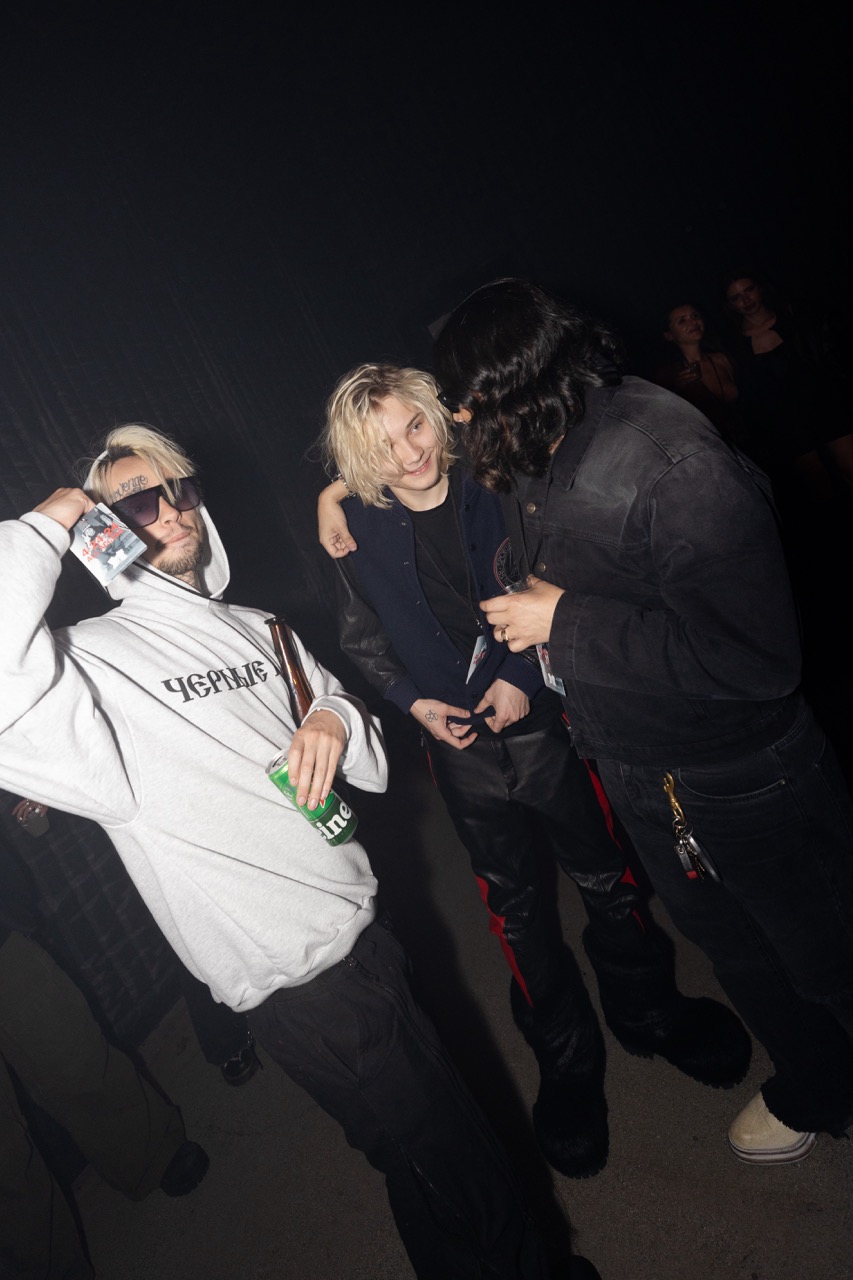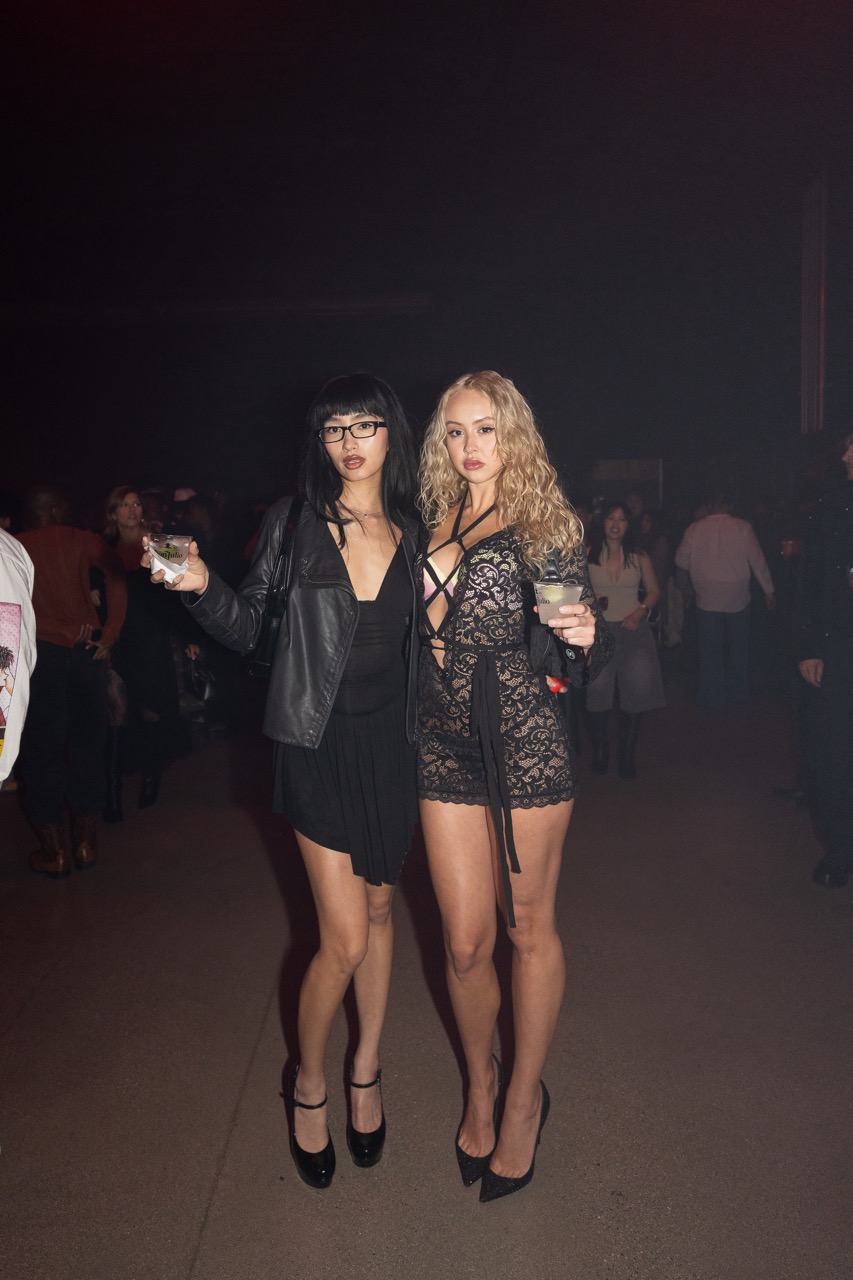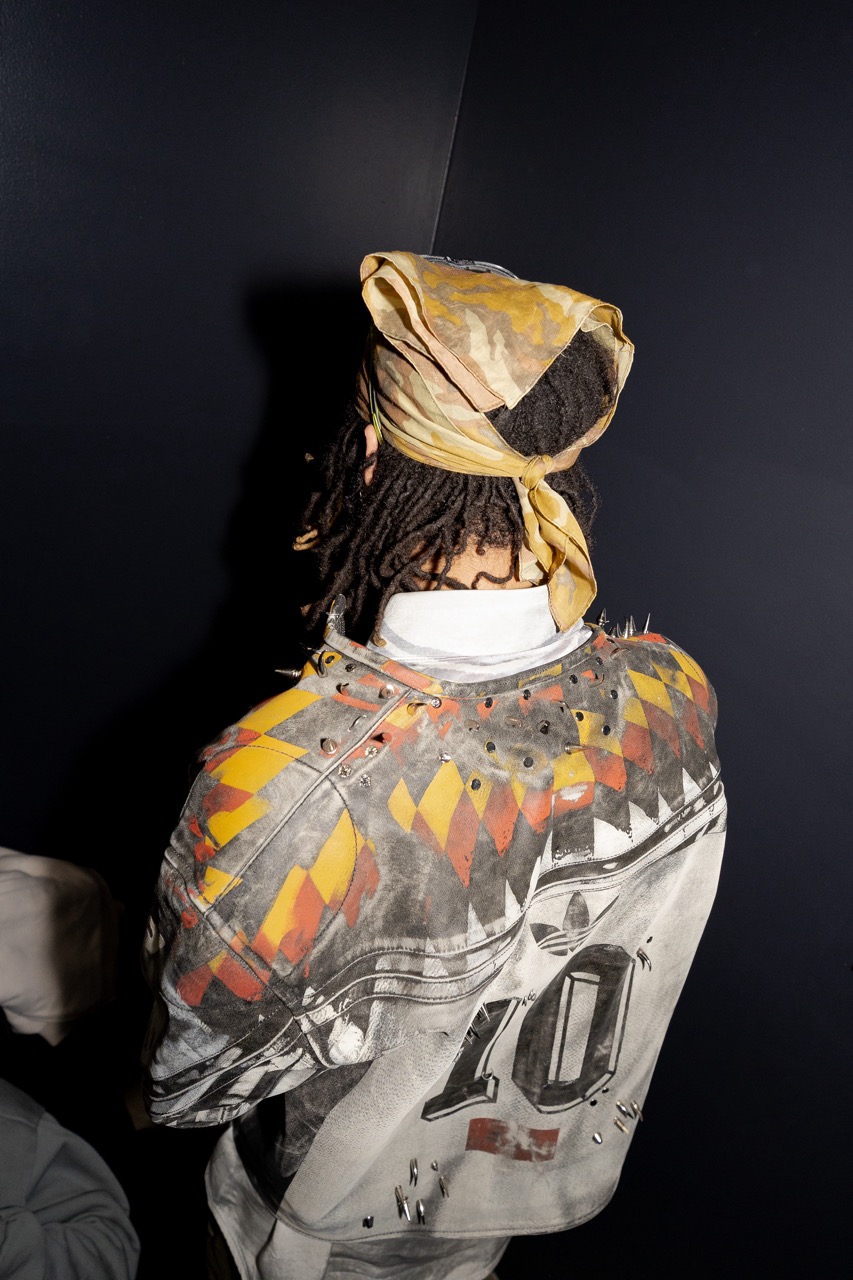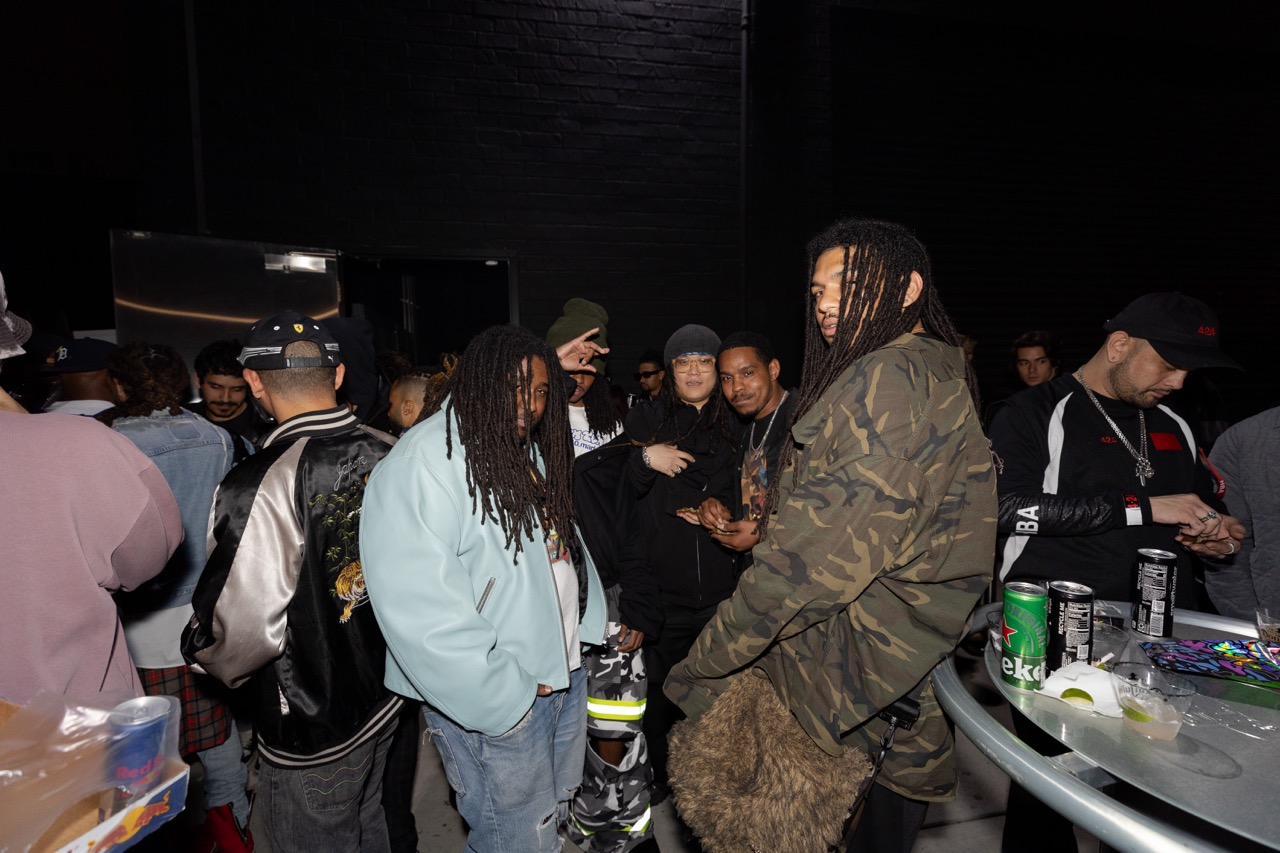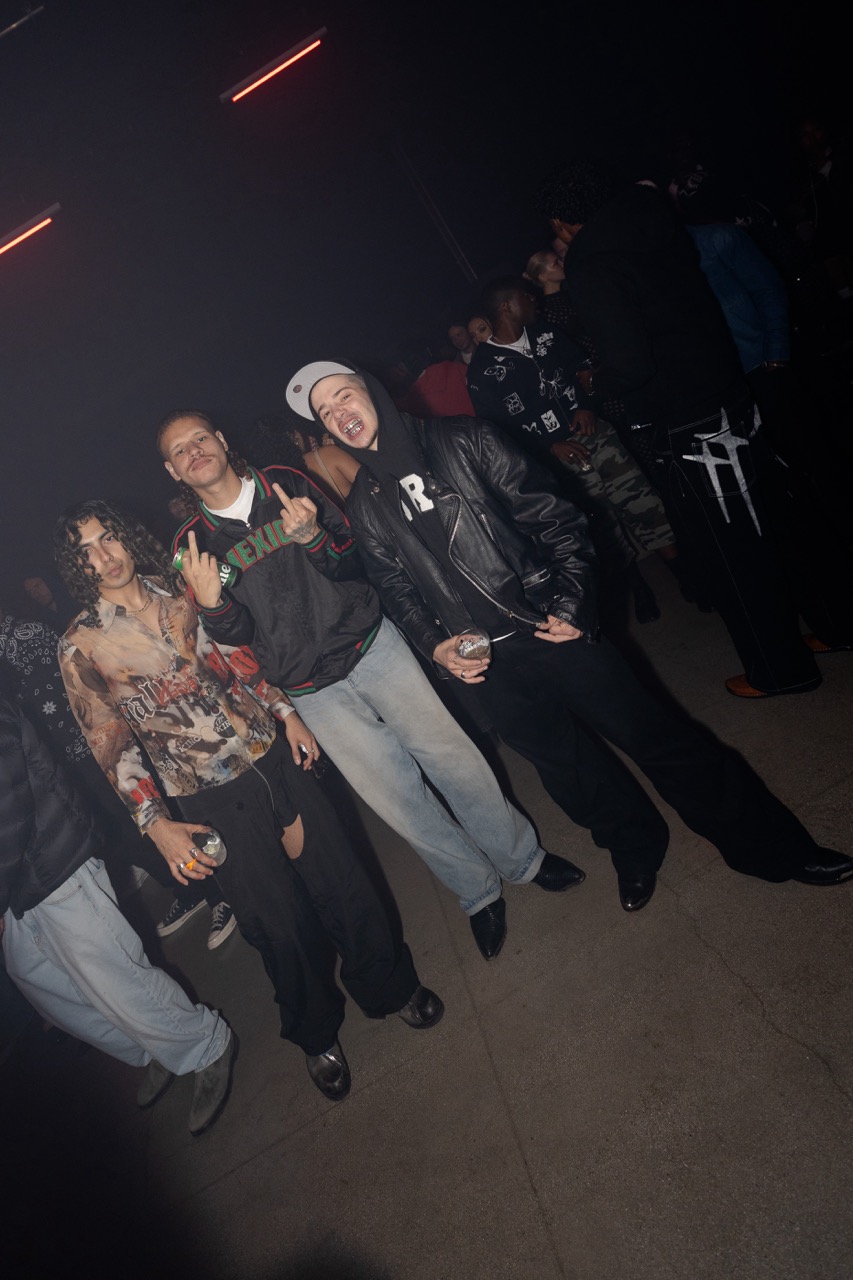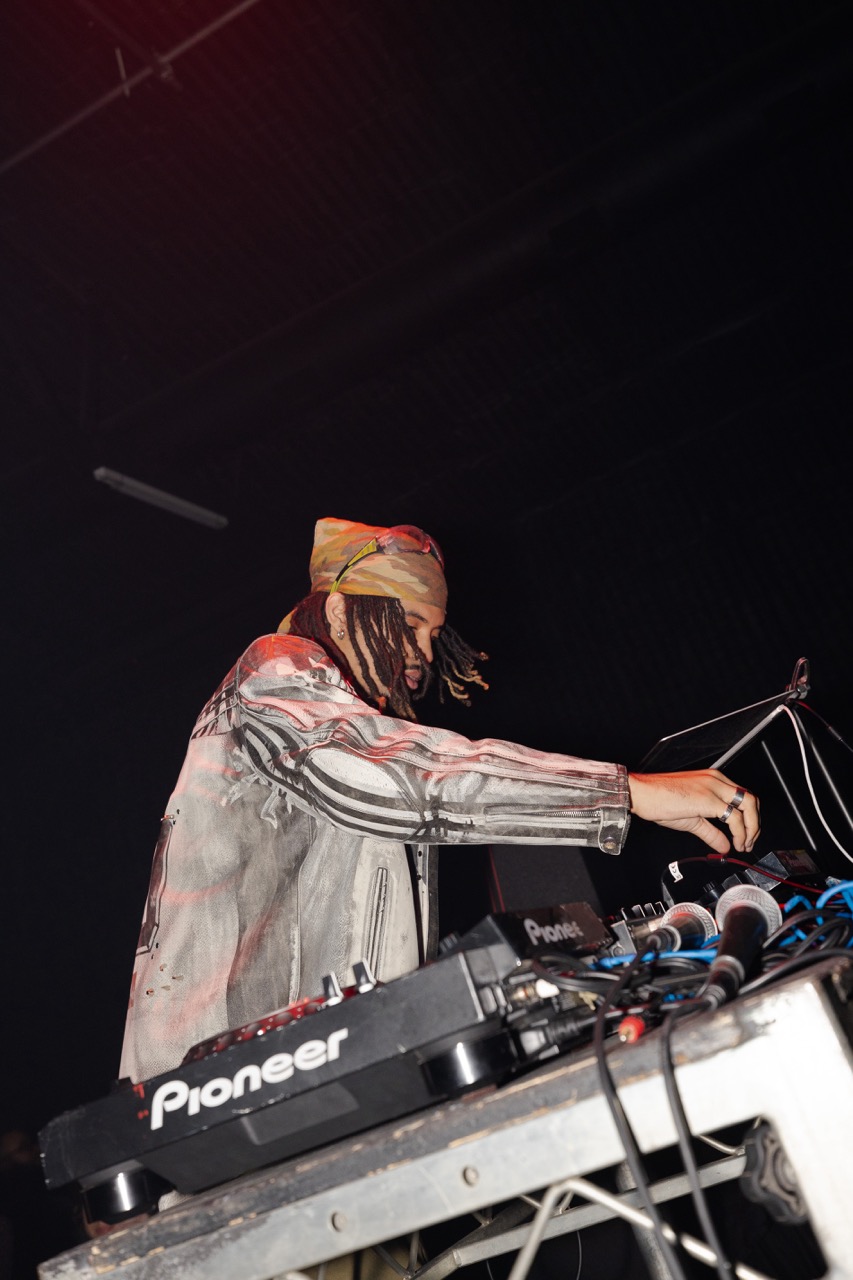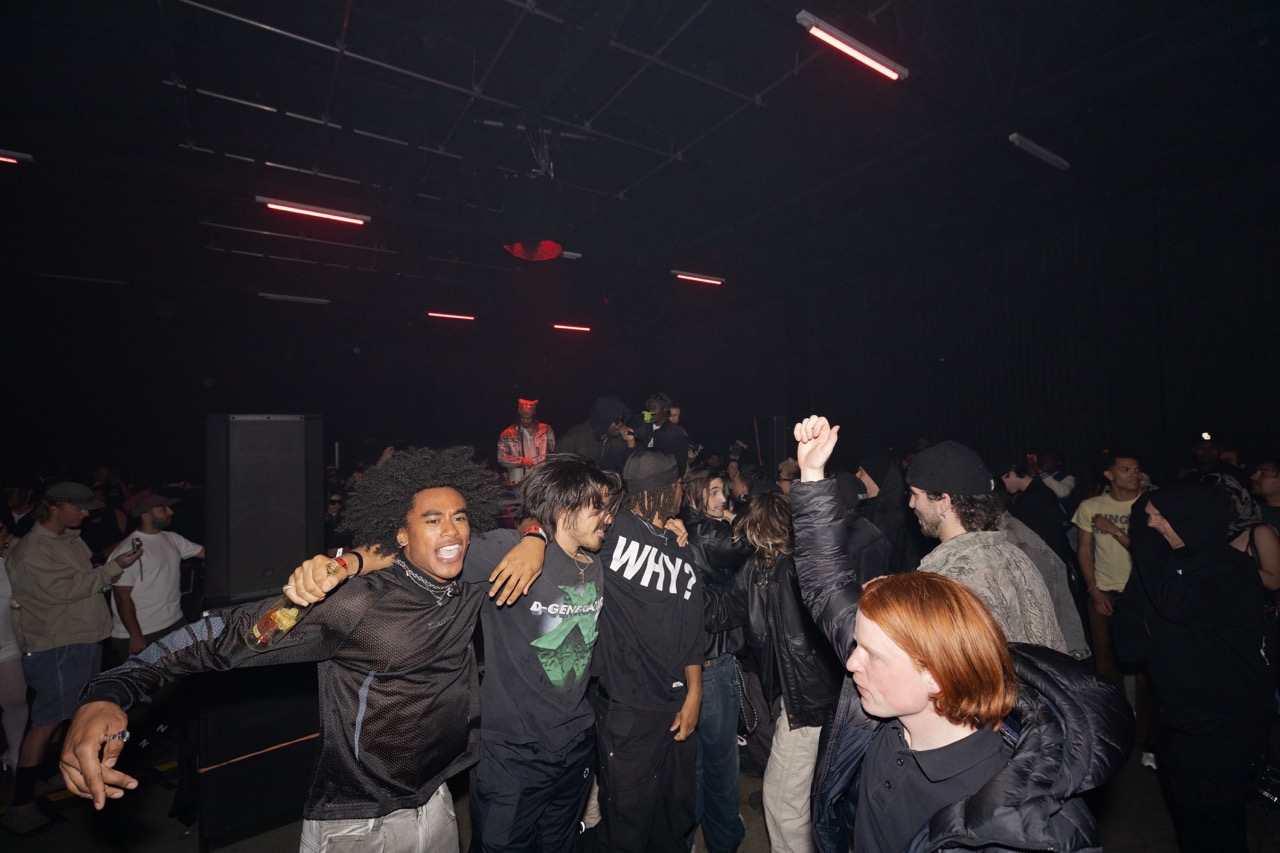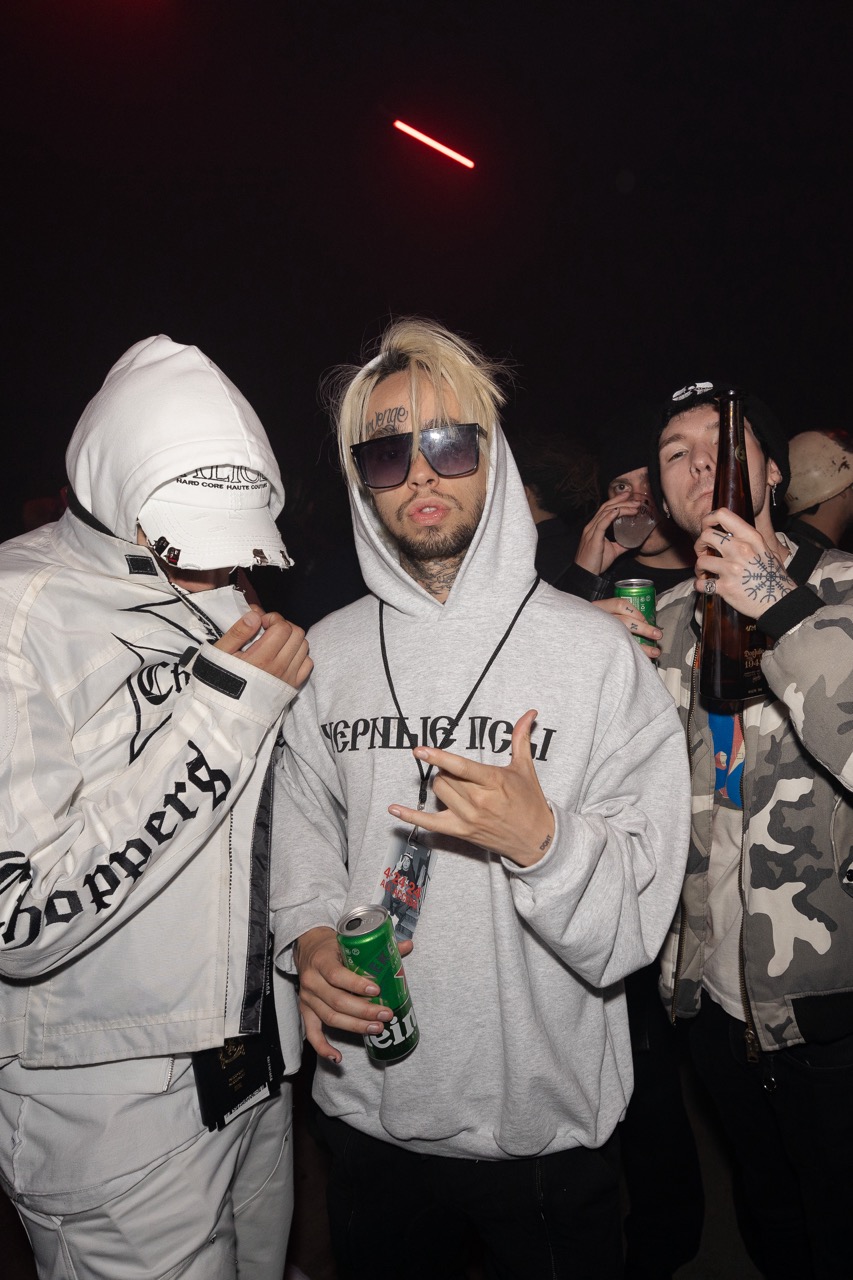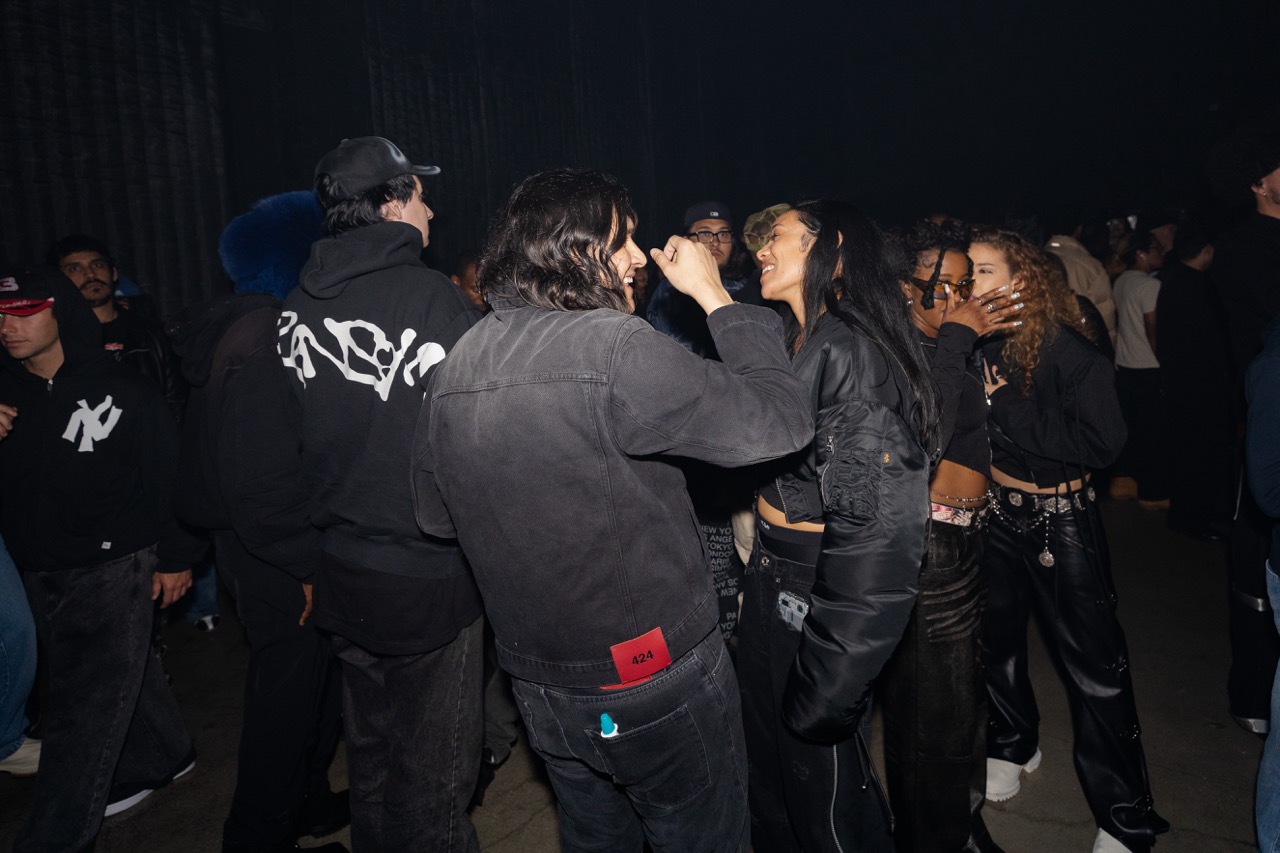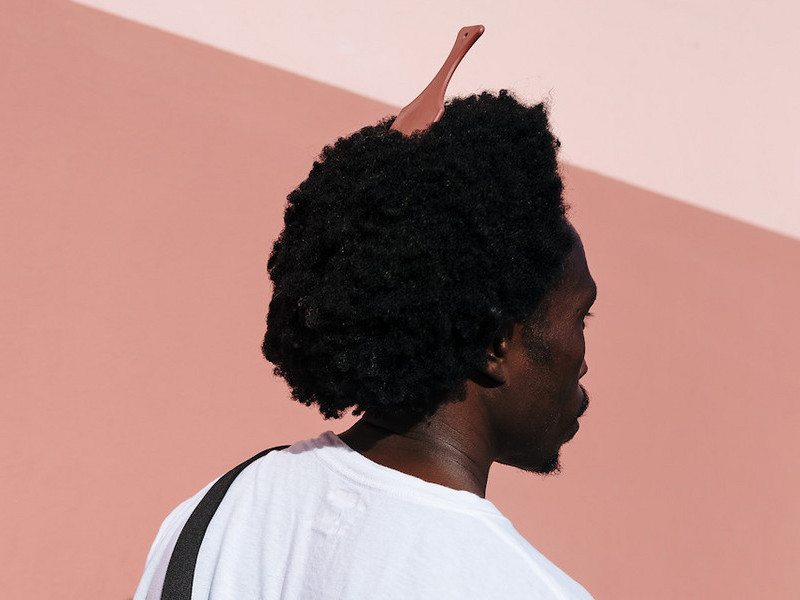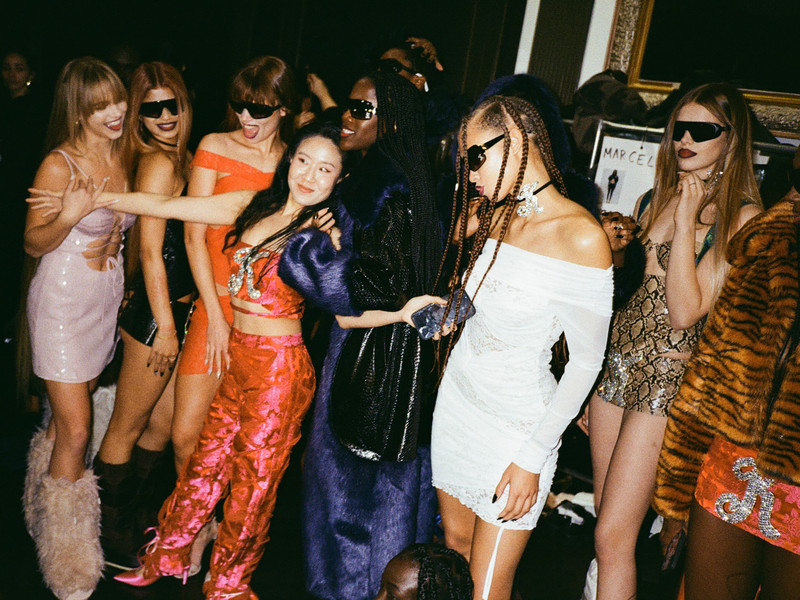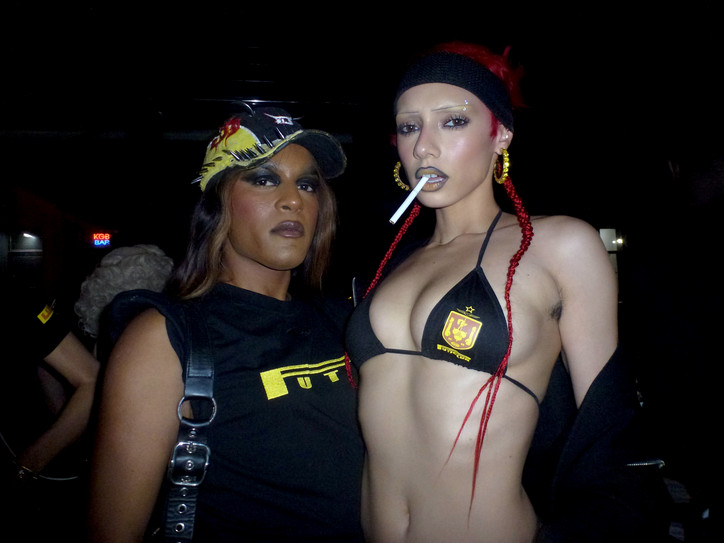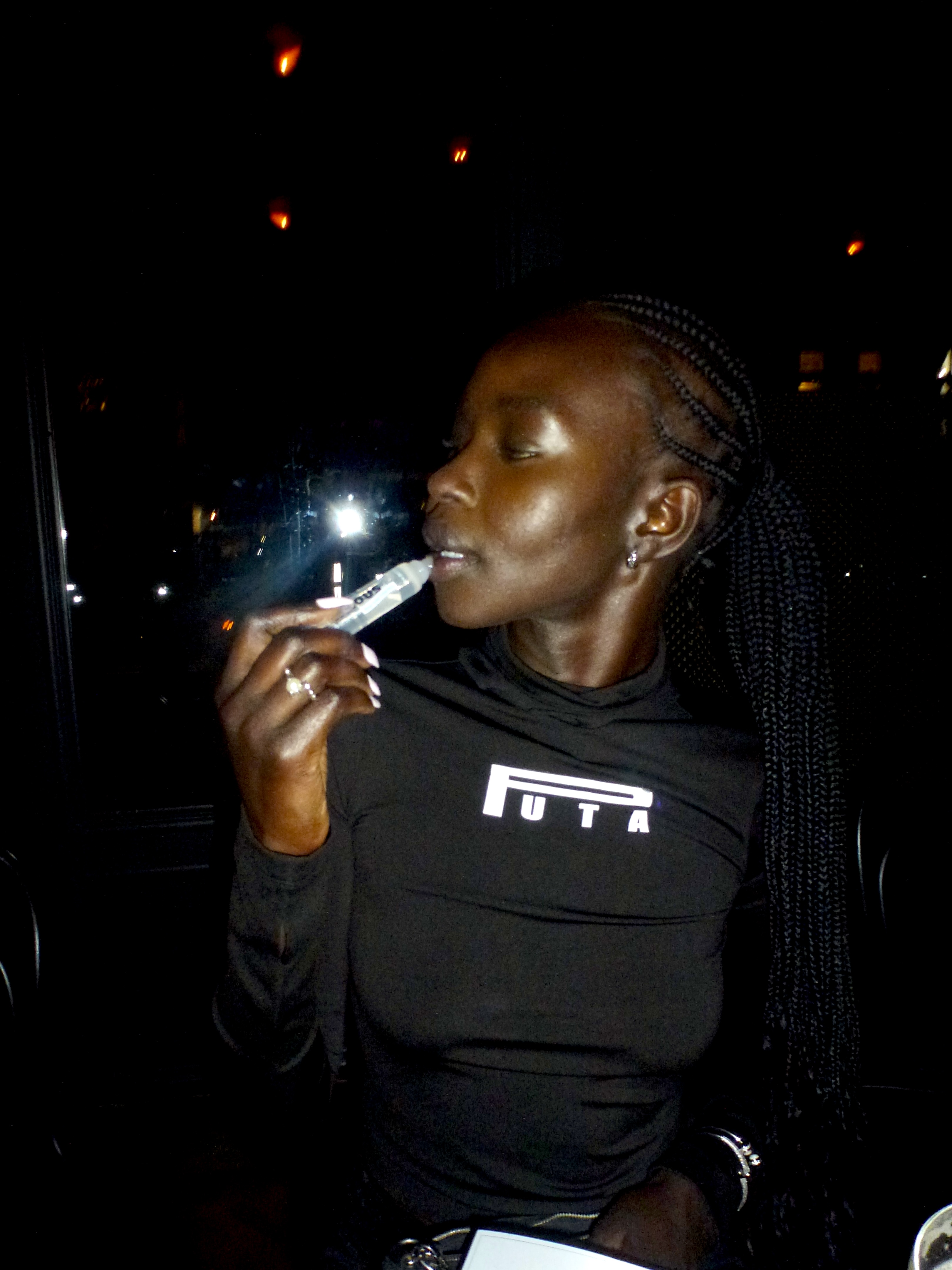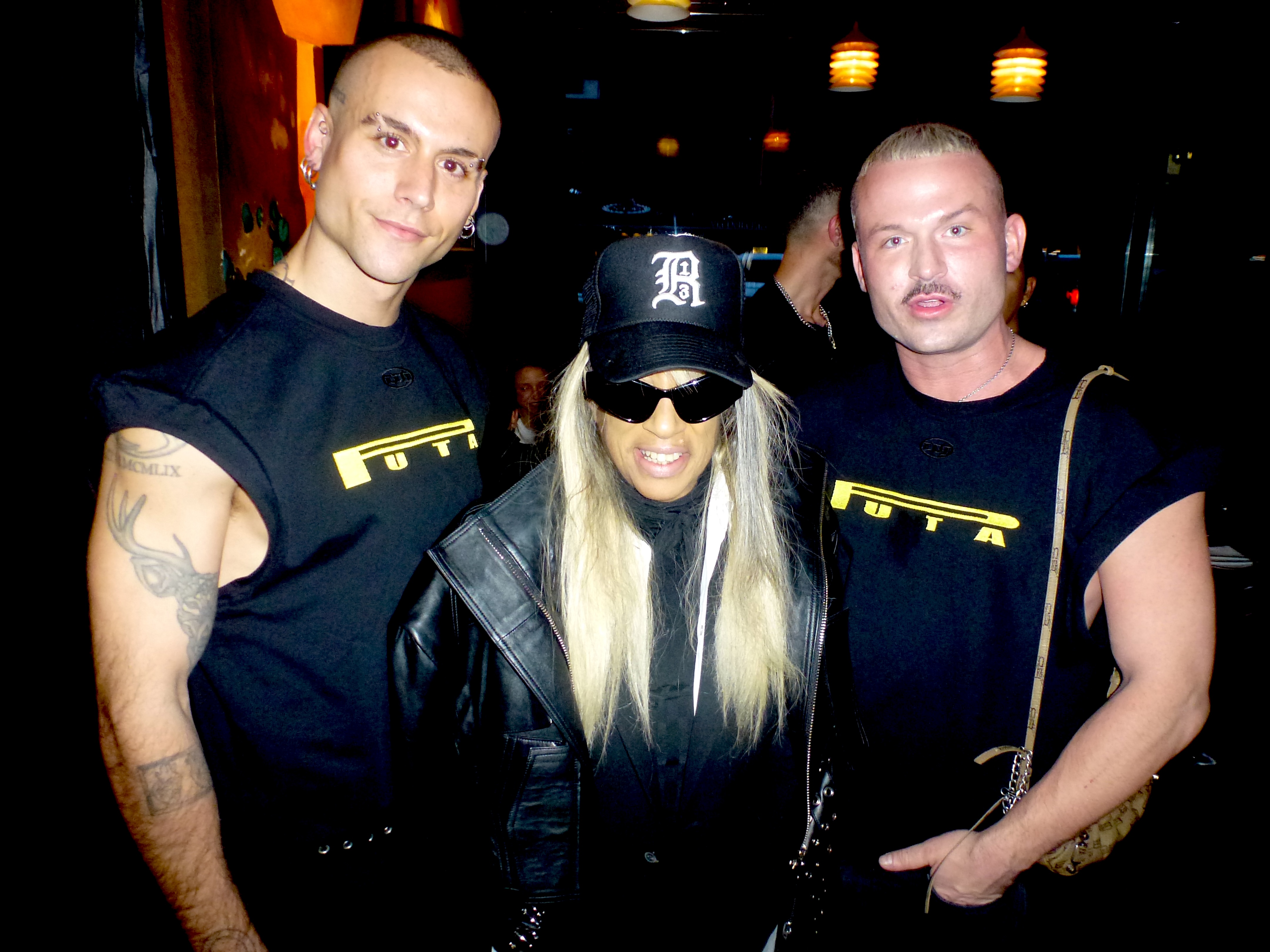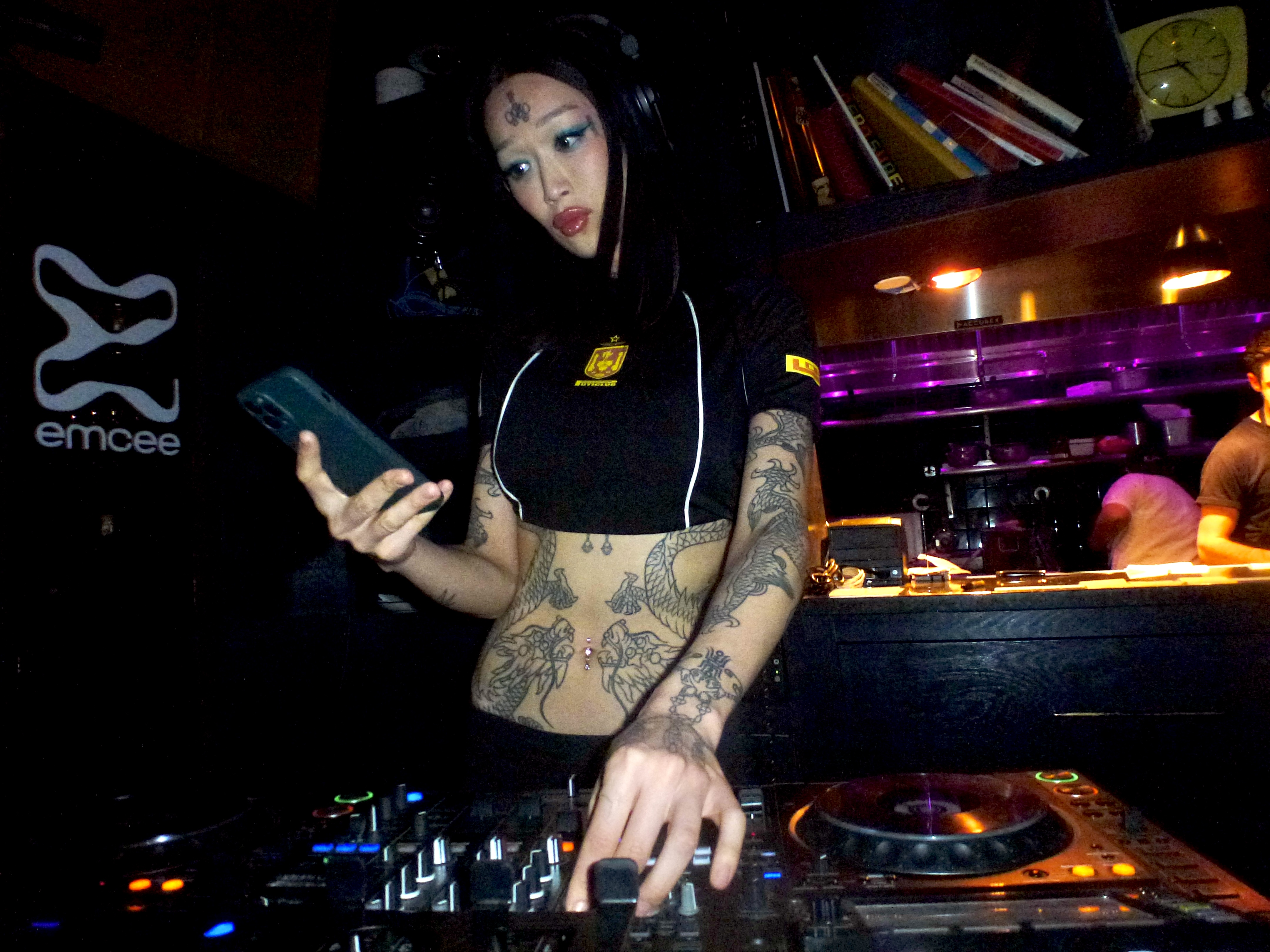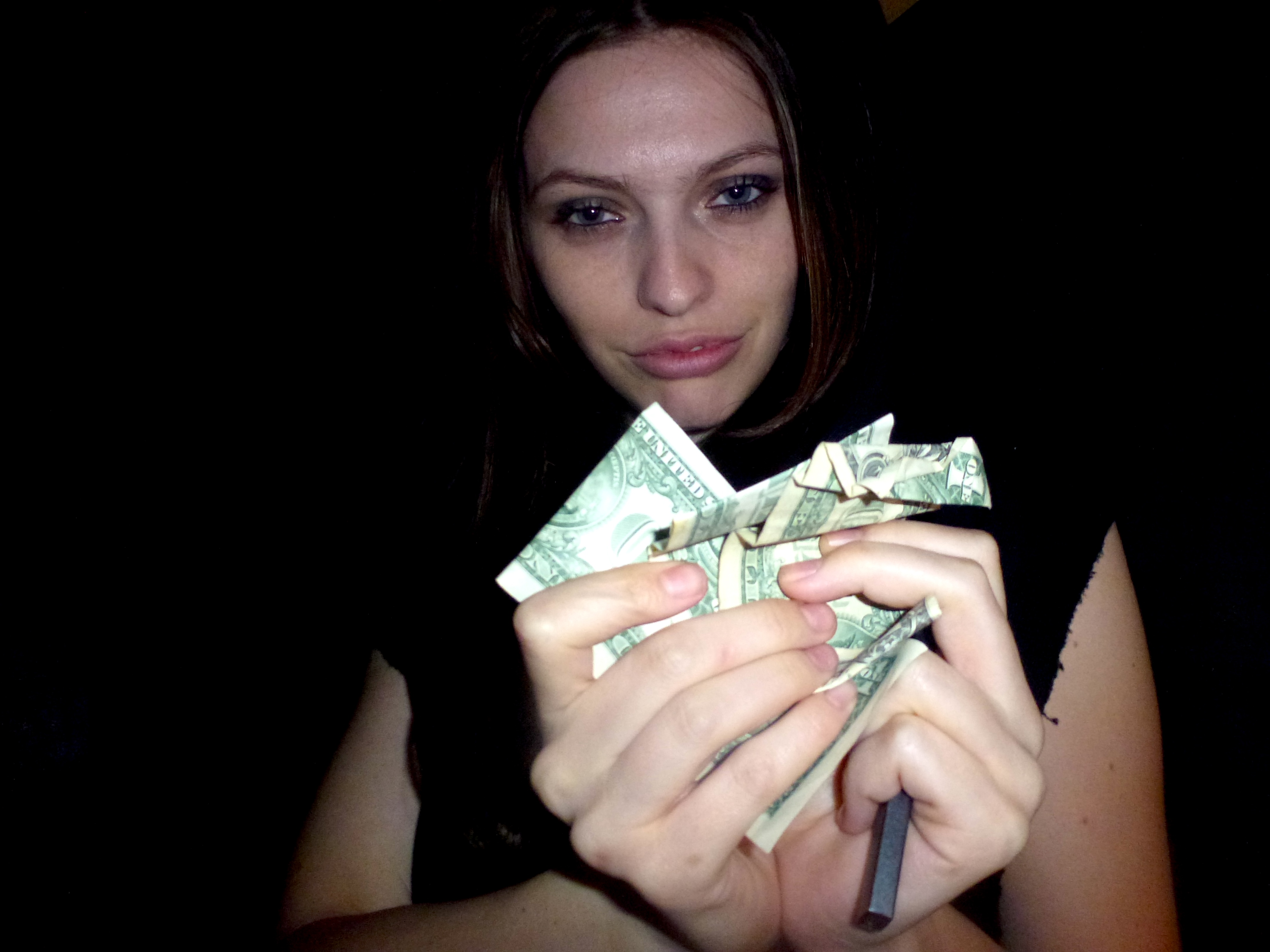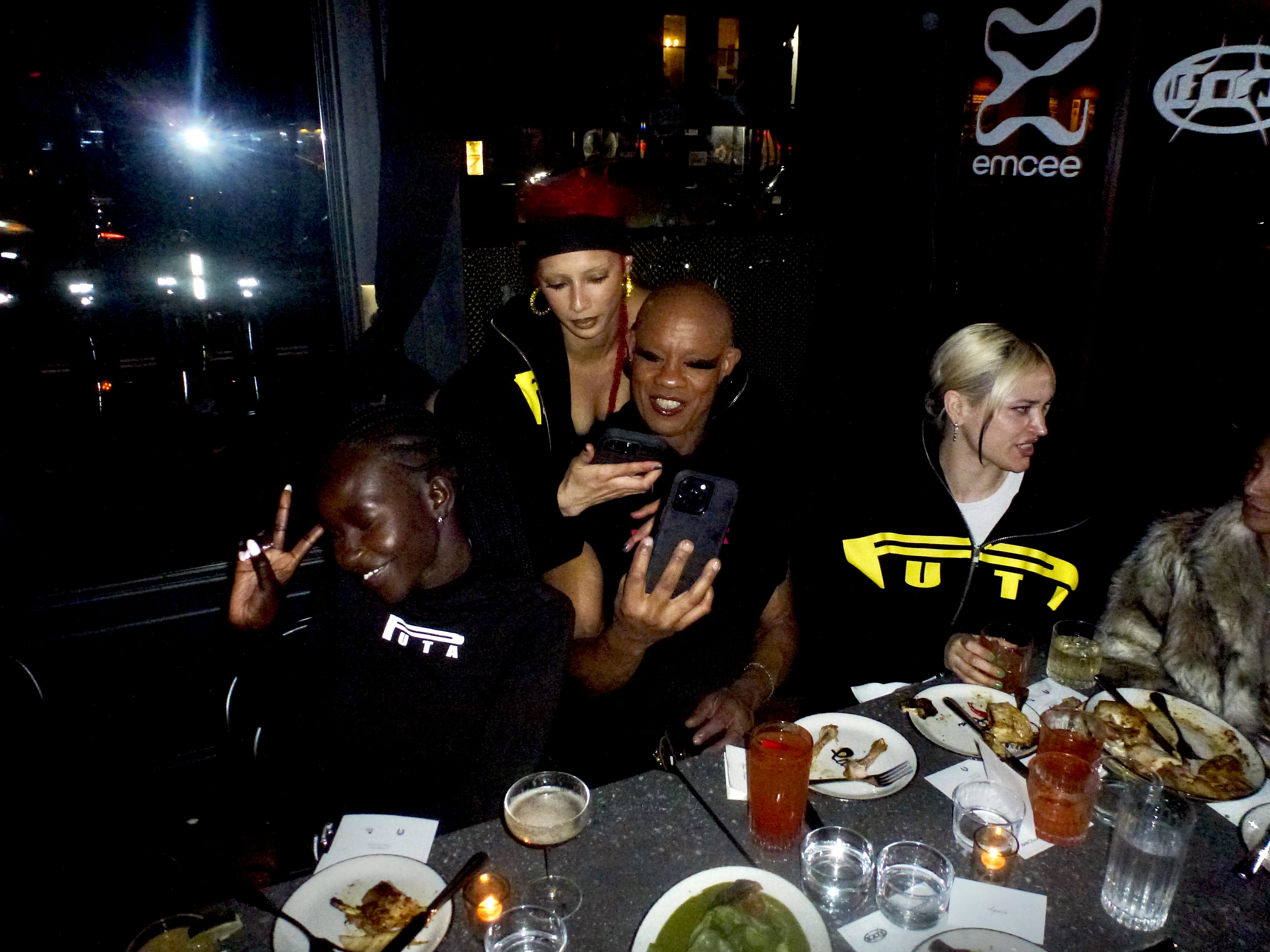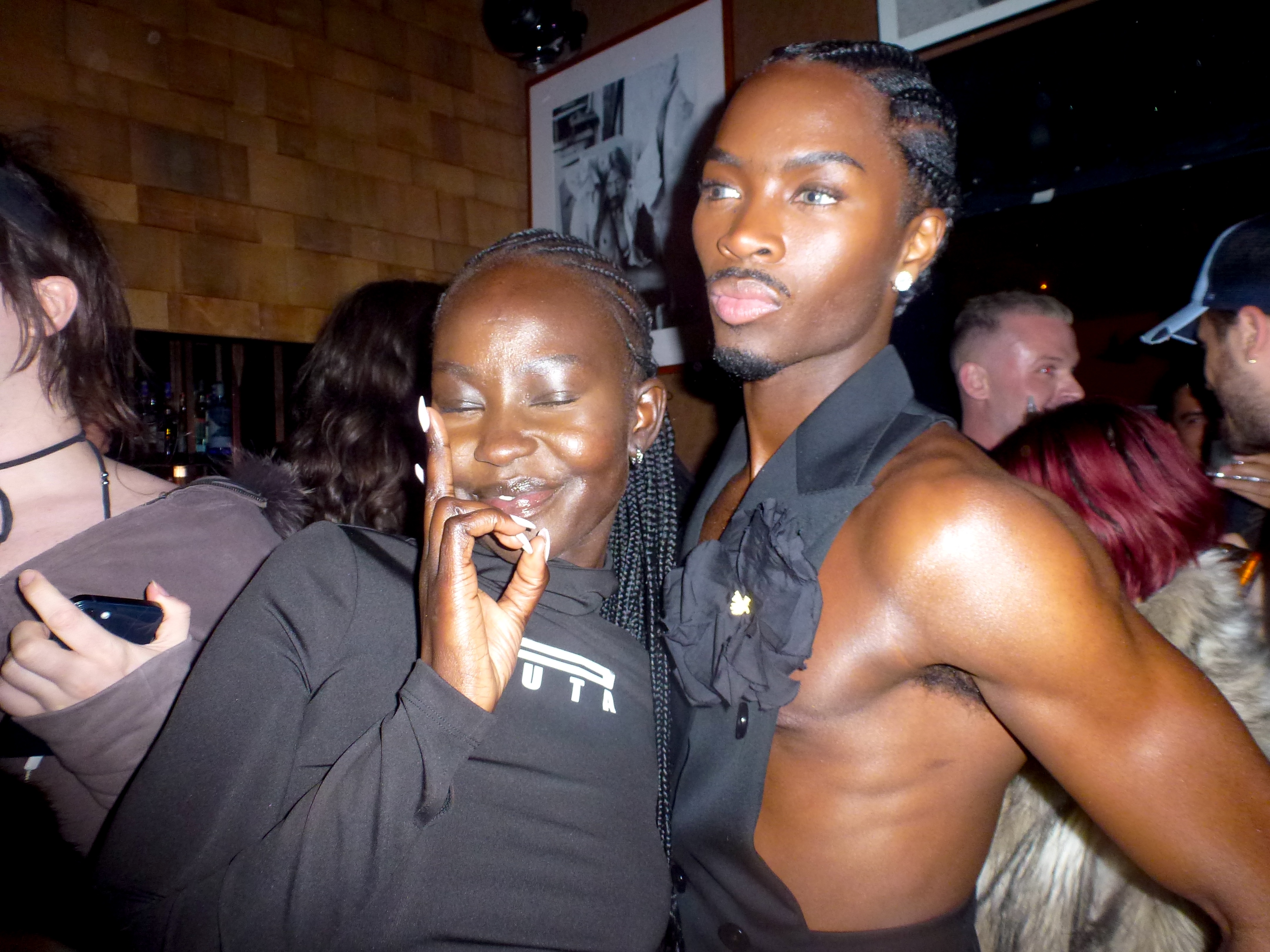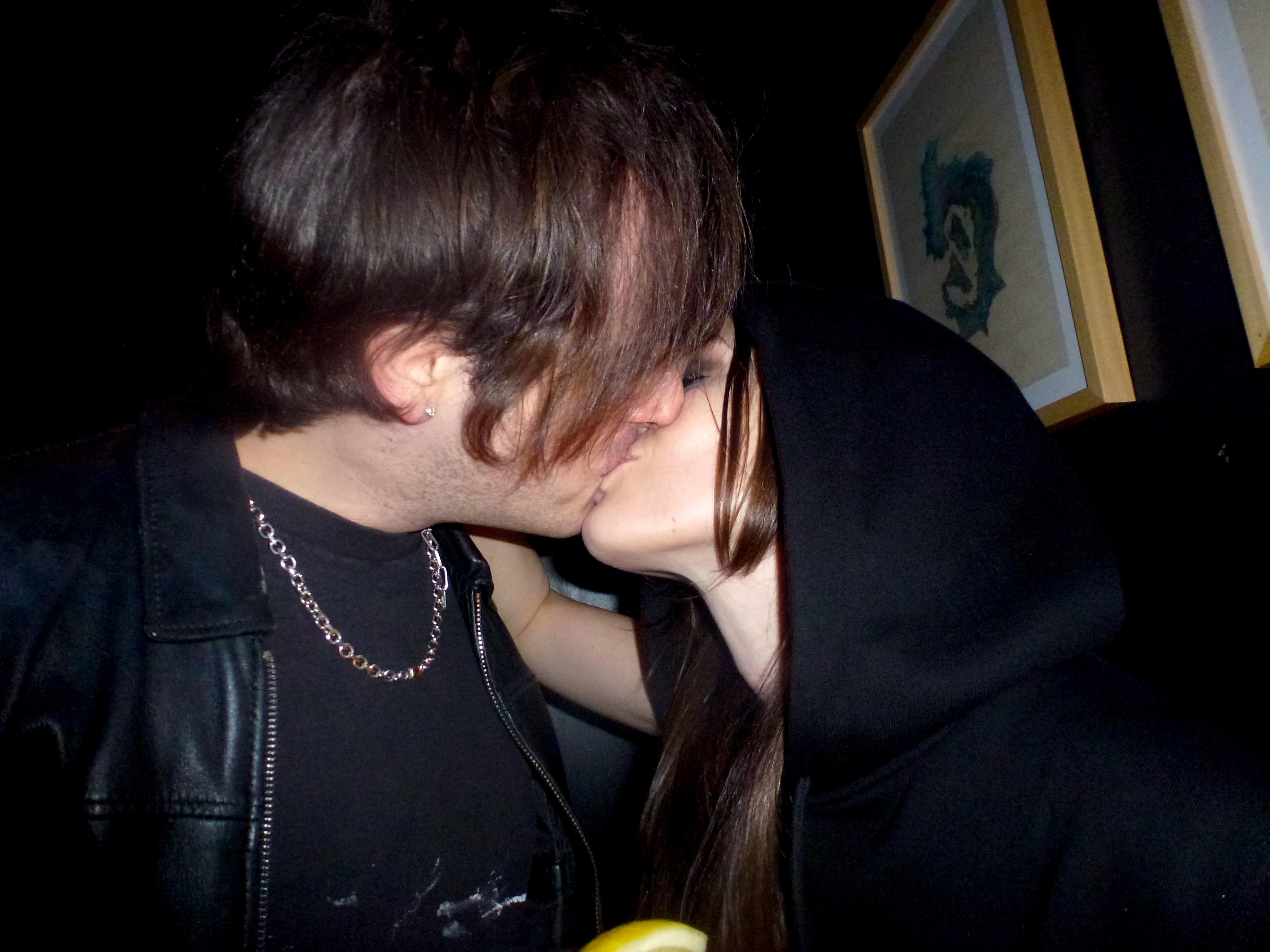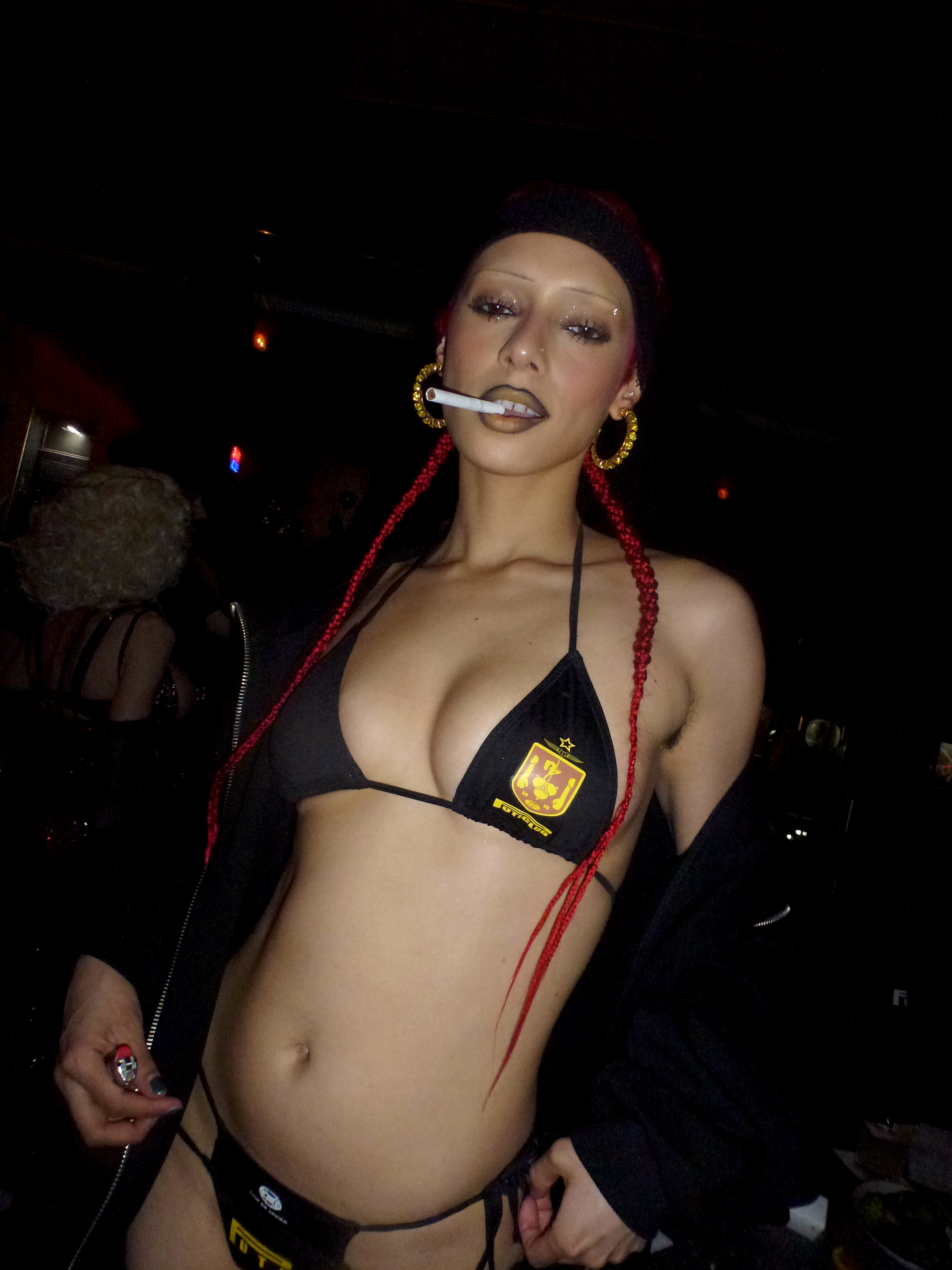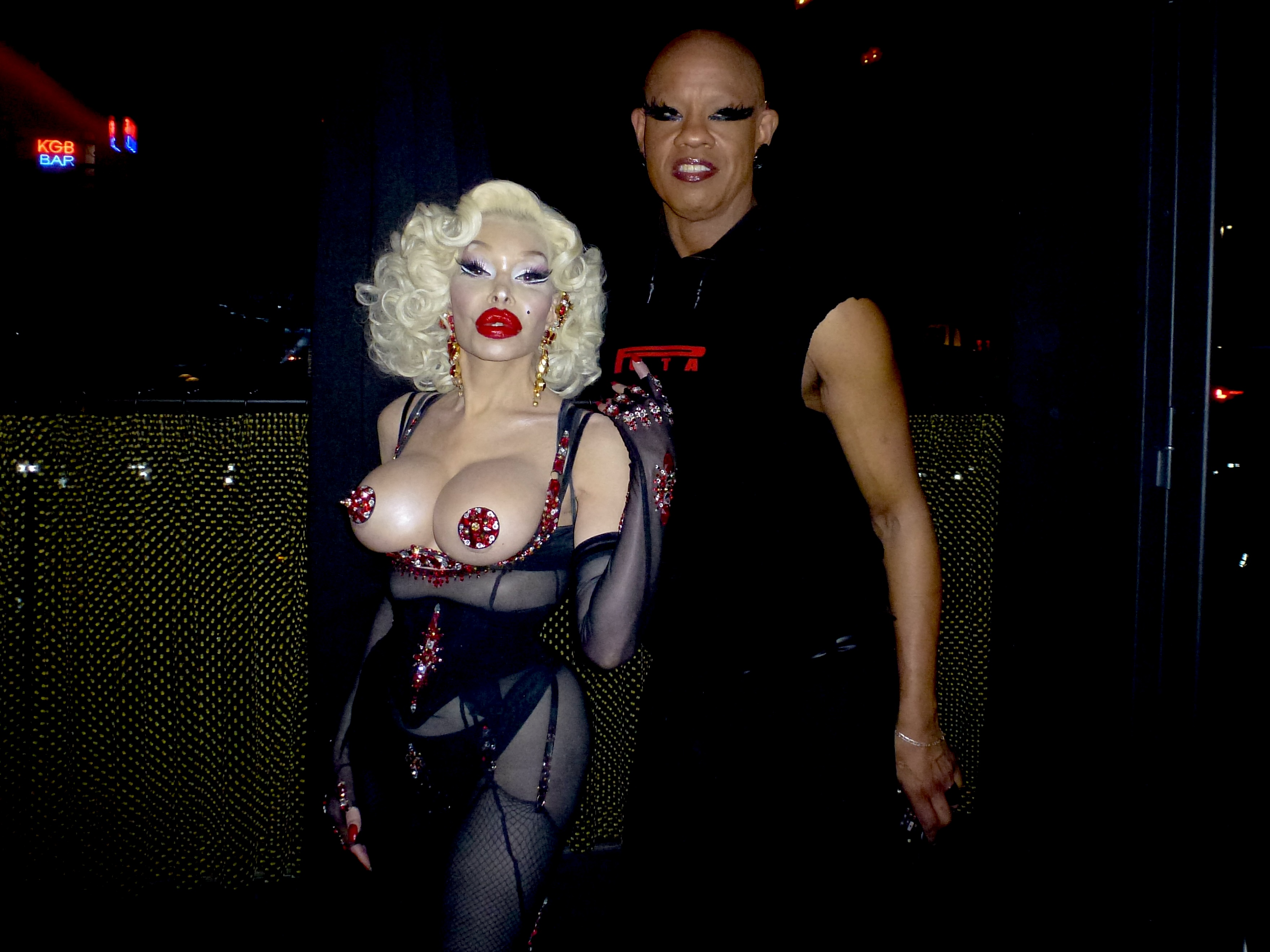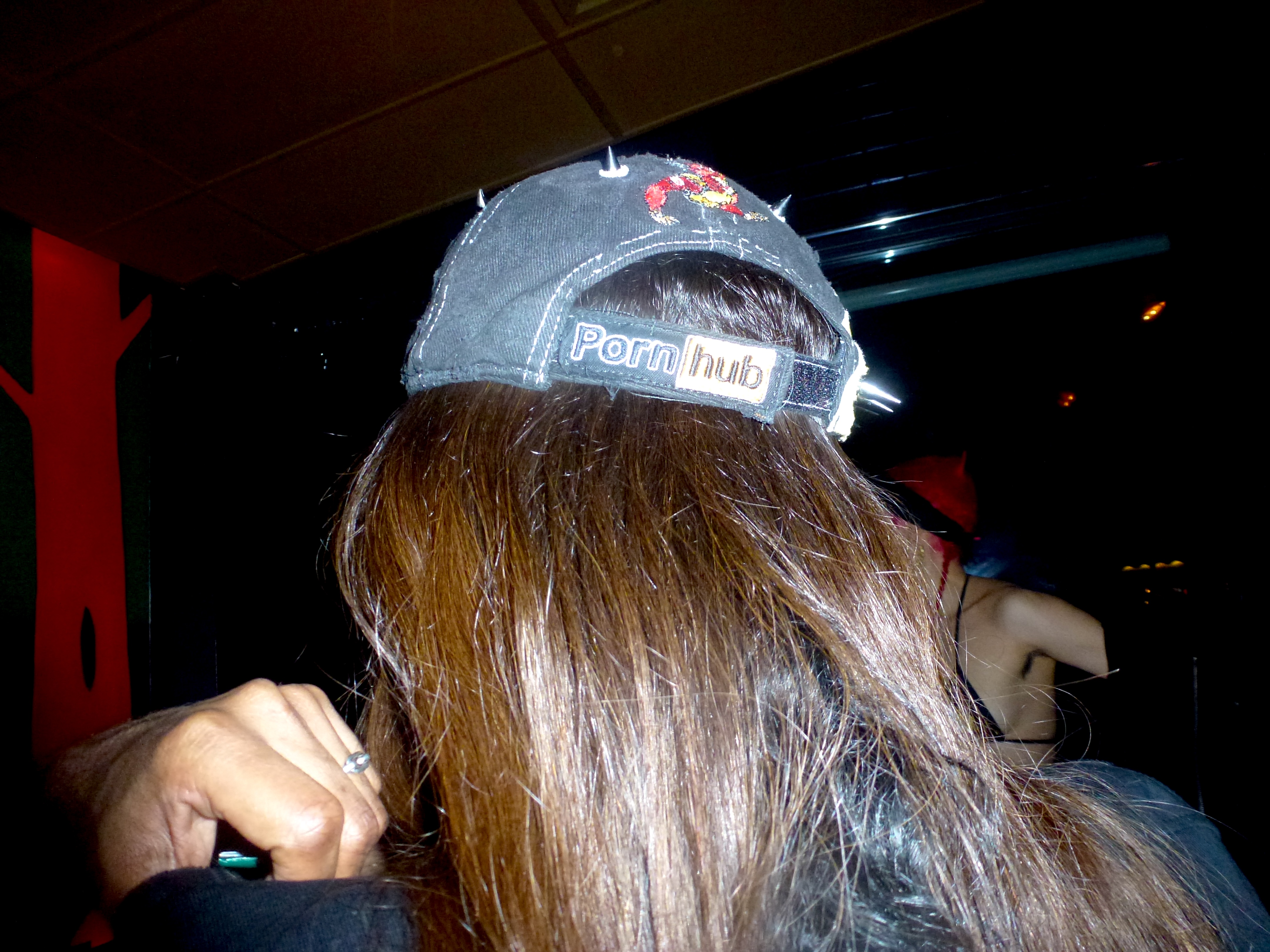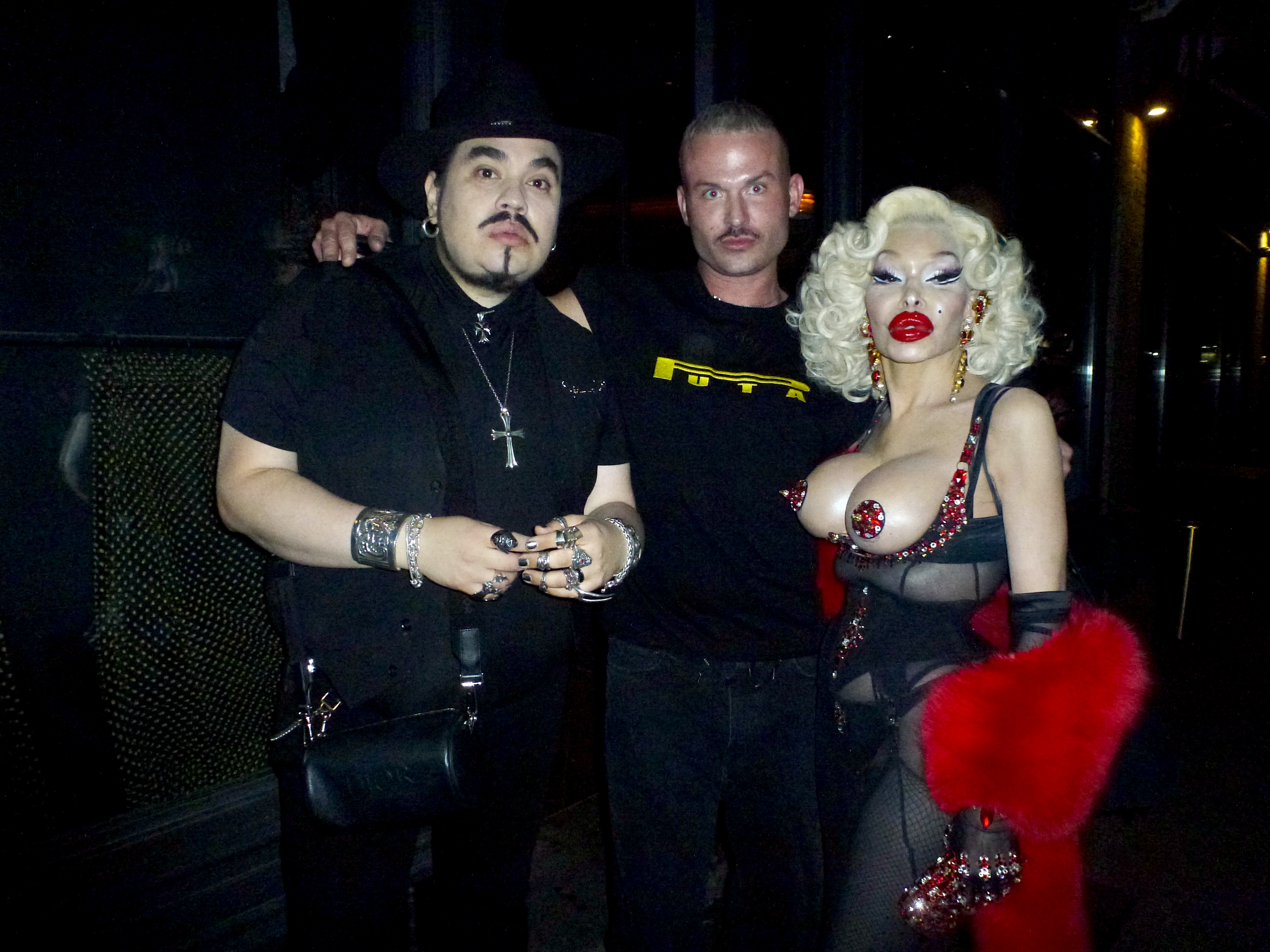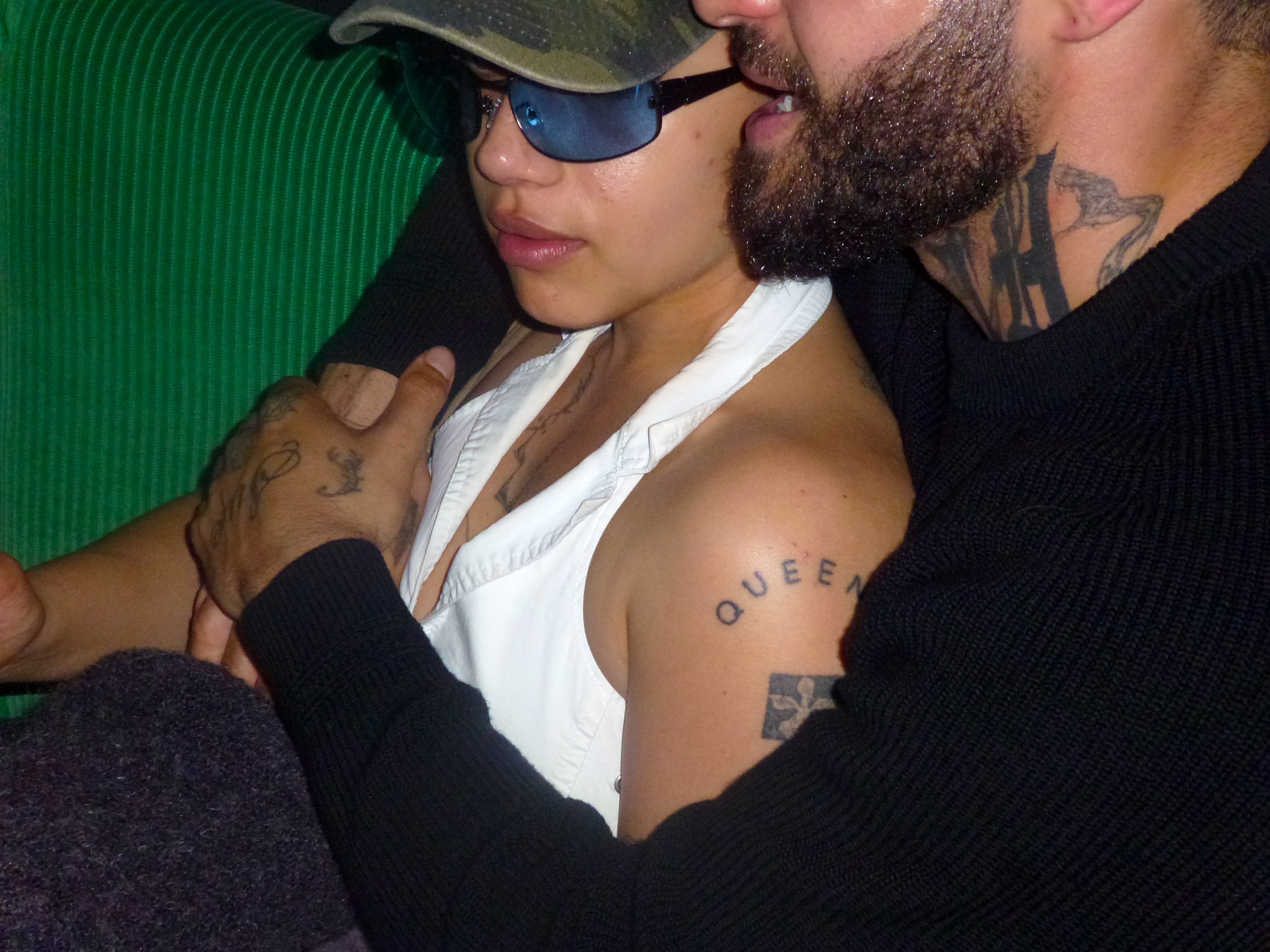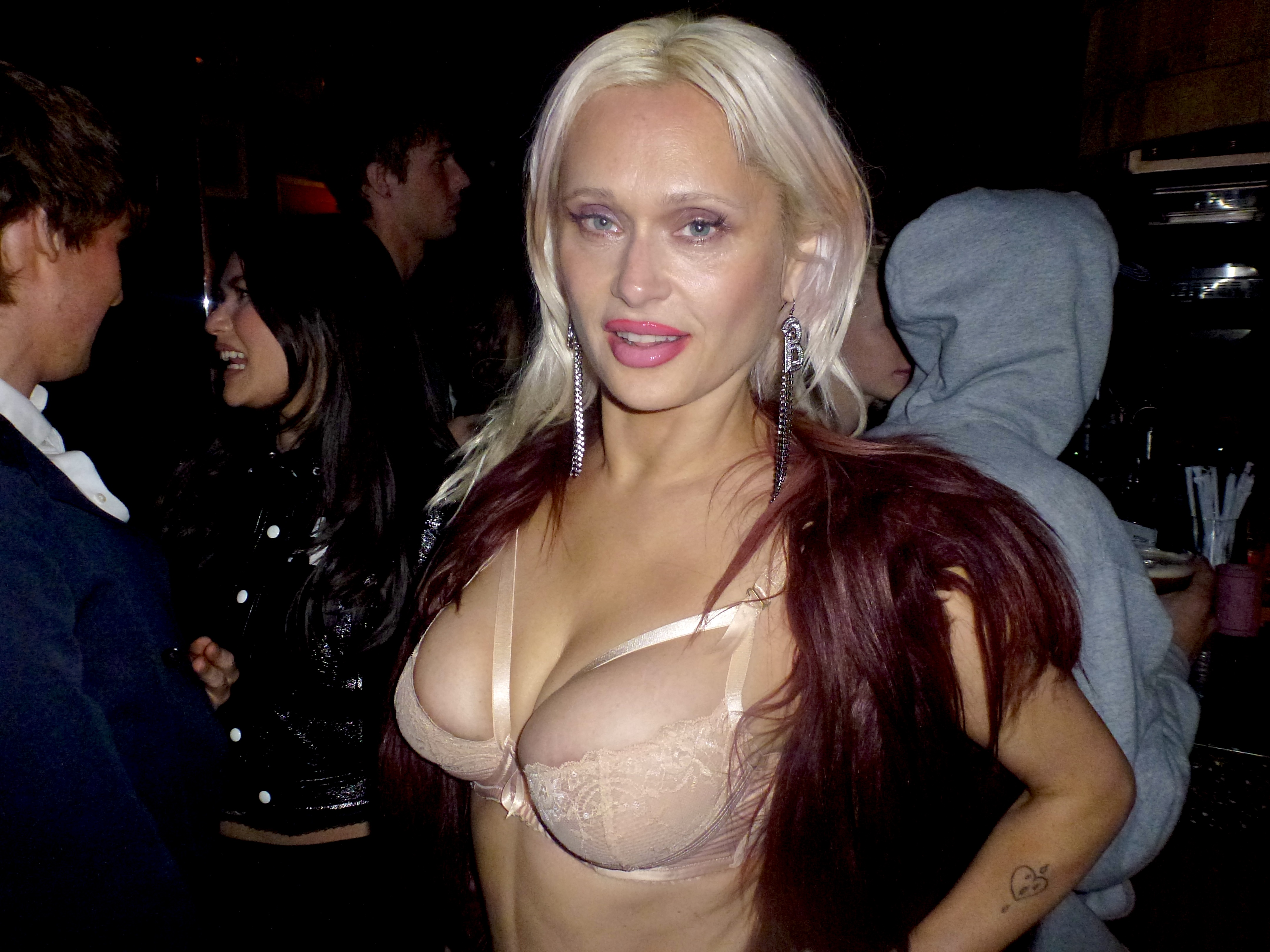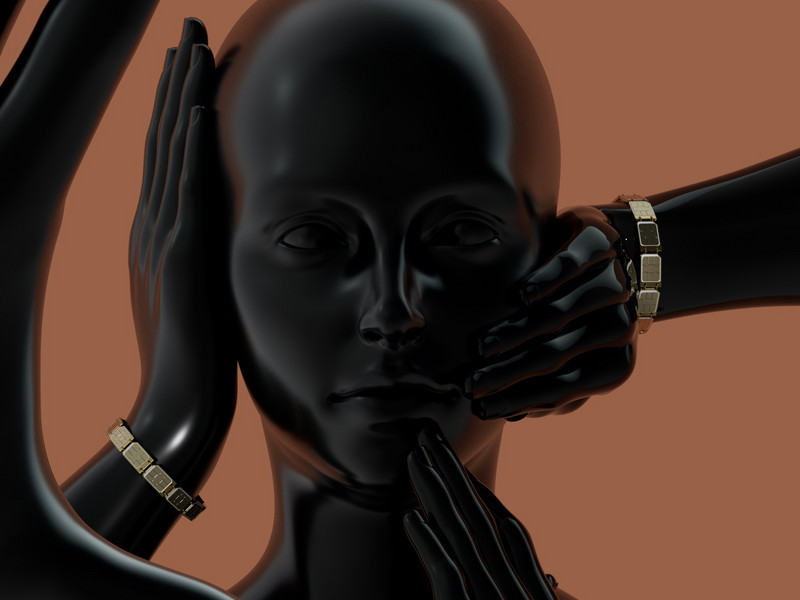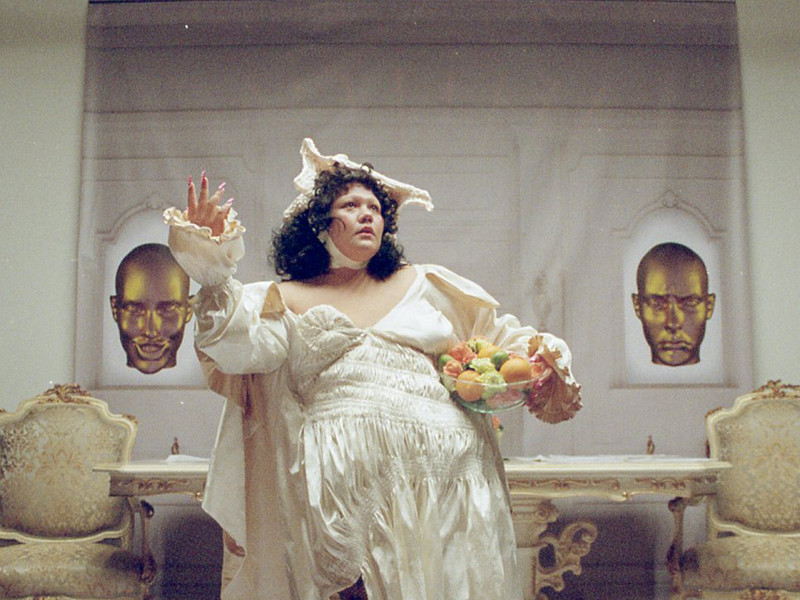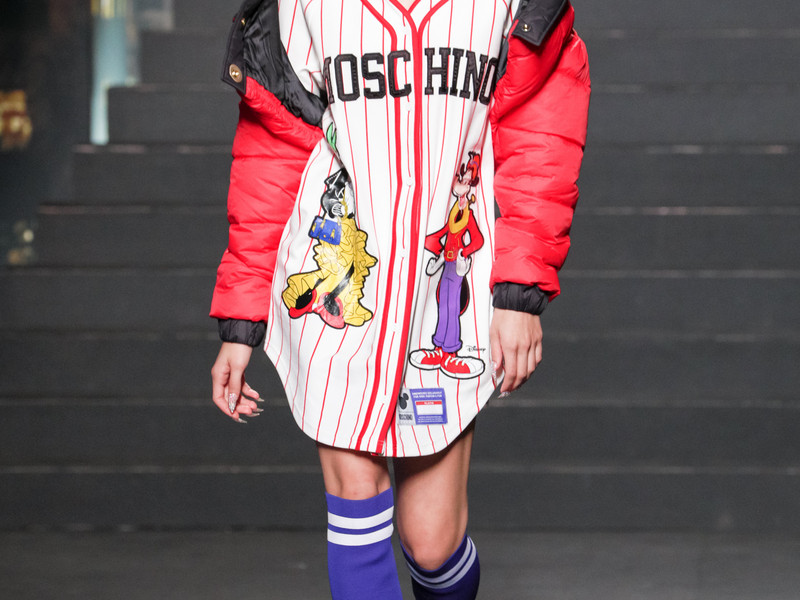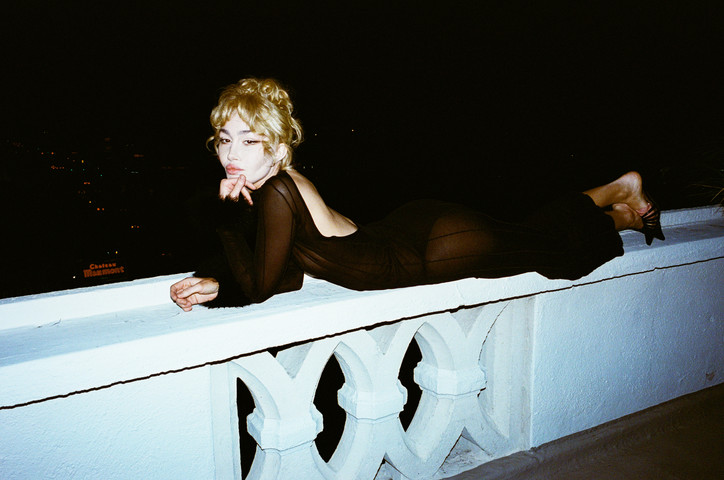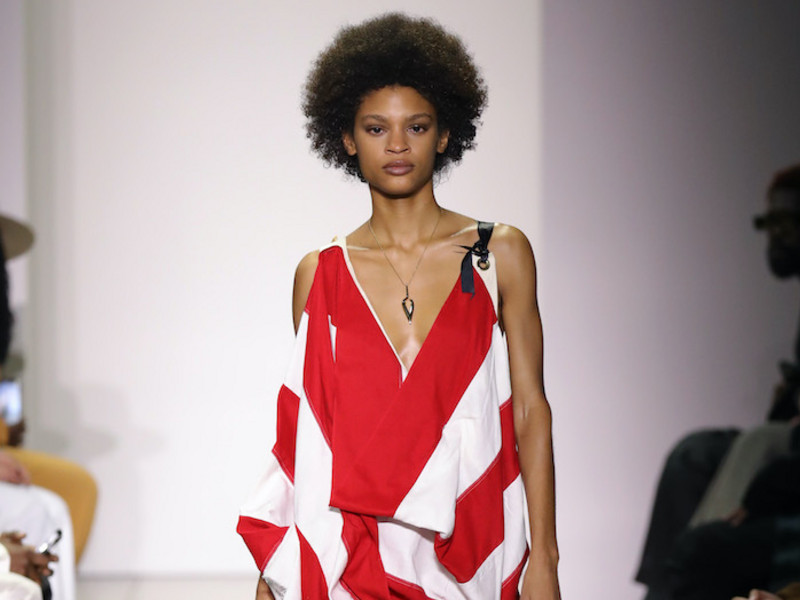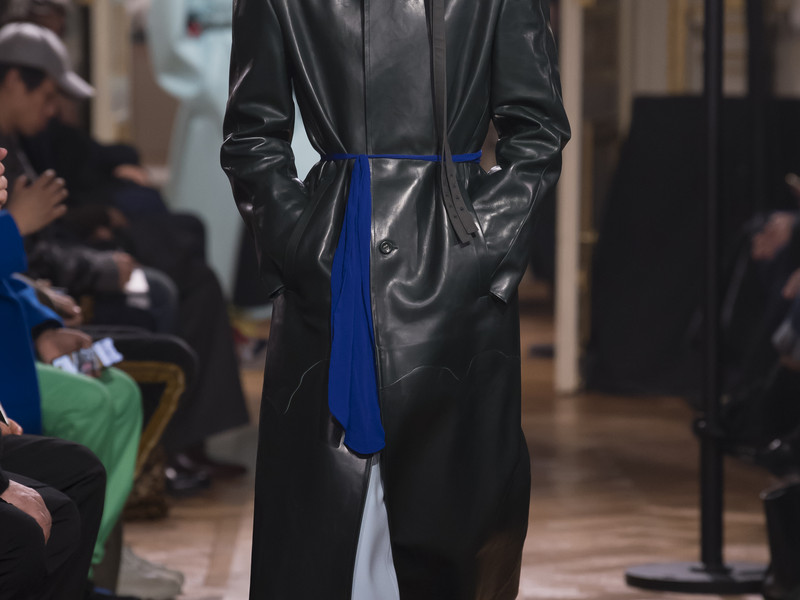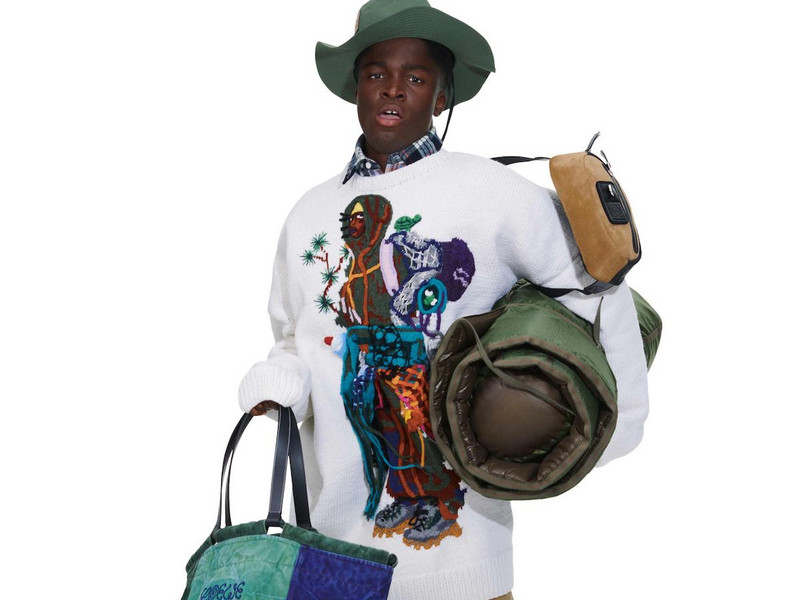Aiyana Ish. That Girl
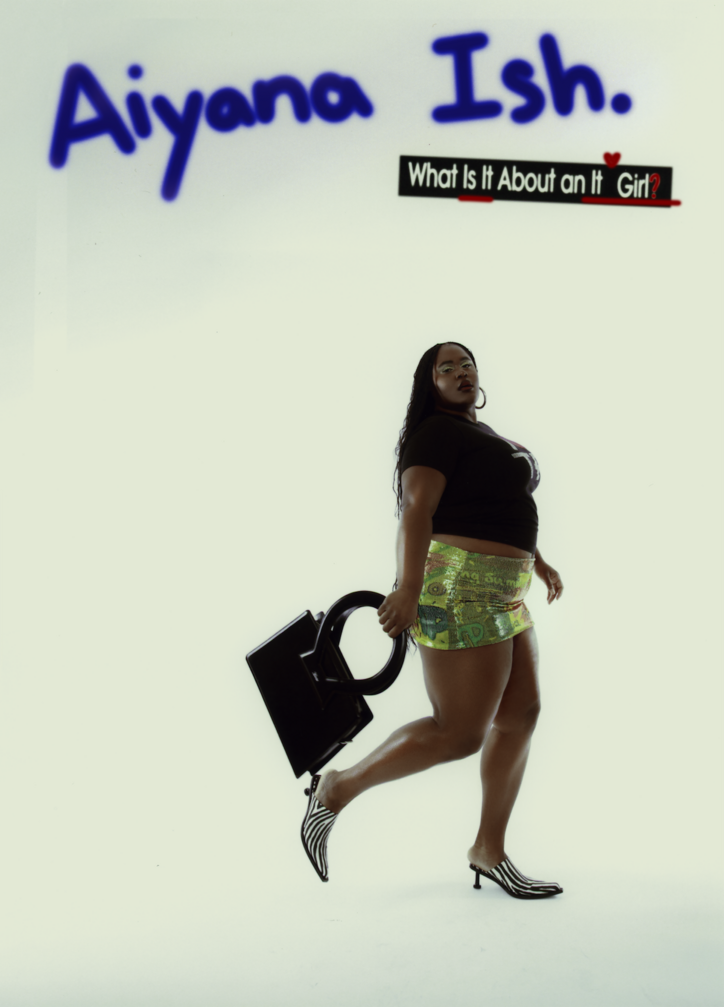
Anna Koblish– So you grew up in Florida. Did you always want to move to New York City to do fashion or was that something that evolved with time?
Aiyana Ishmael– Um, it unfortunately is very cliche, but I've always wanted to do this. I don't know if it's like the Gemini in me or the Virgo-rising truthfully, but I've always been obsessed with magazines since I was little. My mom always subscribed to Cosmo and Teen Vogue, and when I was in elementary school I was obsessed with reading them. I was also weirdly obsessed with the editor's letter because the behind-the-scenes process was always very interesting for me. Those two were like my bread and butter - like obviously I shouldn't have been reading Cosmo at like eight, but I was doing it either way.
Then when I was in middle school I saw "13 Going on 30" at a sleepover and that changed my entire life. I was like, 'Oh! Jenna Rink, big time magazine editor, that's gonna be me.' I've always been interested in writing. My mom tells me I was more of a creative writer when I was little. I was writing fiction books every day, but once I got to community college, I started in journalism and that's when I officially actually started pursuing this as a real career. I just didn't really know the direction and how I would actually get there because I come from a sports family so my parents didn't really understand what a fashion magazine job even looked like. I really had to build from the internet, the editors I followed, and movies I saw [laugh].
Did the love for magazines and journalism come before your love for fashion.
I feel like they came at the same time. This is something I was just talking about, but I was just realizing how obsessed I was with modeling in a sense. Obviously, we all grew up with America's Next Top Model, but that was like my everything and I remember when I was like in the third grade, I was already 5'8" so I was very tall compared to other third graders and my mom's friend would always be like, 'You should model!' But I was like a chubby Black girl, I didn't think that was a real thing. I thought people were just being more kind to me, but I've always enjoyed that aspect of fashion - the runways and the photo shoots. When I got to college that was my go-to thing, like creative direction, leading our cover shoots and fashion spreads. I really enjoyed telling stories so the writing and fashion kind of blended together at the same time.
Did you ever model?
No, never, but I've always loved the idea of it.
I've always loved it too. Very glam.
Exactly. I think telling a story visually is so important. I was in theater so I understood the idea of telling something physically and not just with your words, so to me modeling was an extension of that. I just felt that I could never do it. Even when plus-size models became a thing, I felt like I wasn't the right kind of plus-size.
I know the feeling so well.
My stomach sticks out way more. I don't have an hourglass figure. I'm not the fat girl with the perfect figure. So that was my entire mindset. I was just like, 'I don't have that exact build that they're maybe looking for so I'm not going to worry about trying when I already love journalism so much.'
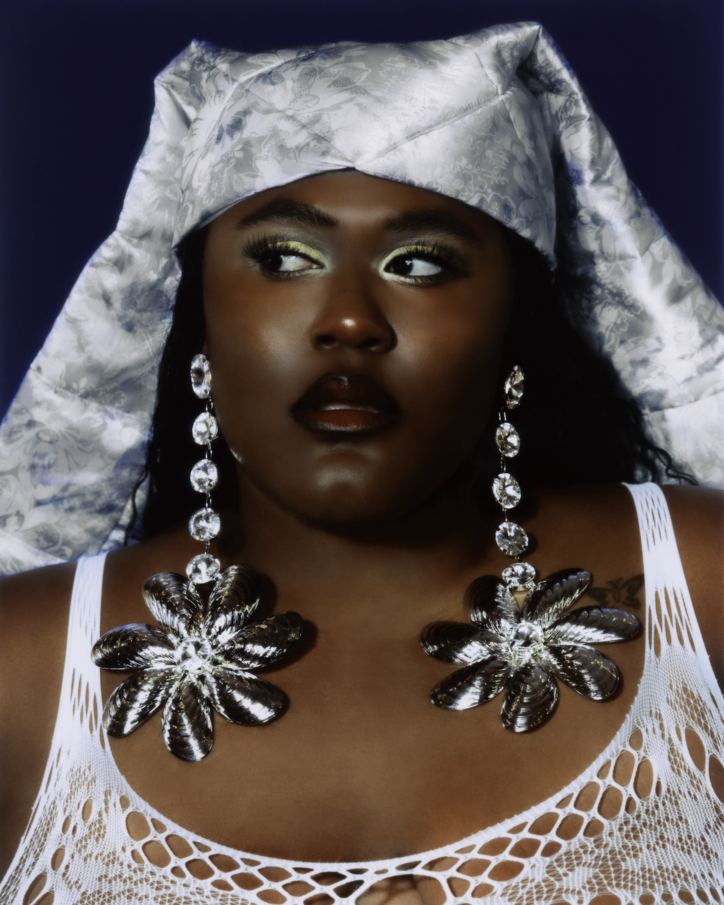
HEADPIECE by MARTINE ROSE, BODYSUIT by LEAK NYC, EARRINGS by AREA
On your website, you call yourself a recovering theater account, which spoke to me in so many ways because I was never encouraged to do theater and now in adulthood I wish I had. With your job now, which is more public facing, what aspects of your theater upbringing do you feel are in your life in fashion now?
All of it honestly. Theater really shaped me. I started when I was in sixth grade when I really doubted my ability to pursue a career in fashion so by chance and by luck, there was a moment in middle school when I became obsessed with theater and acting and thought, 'Well maybe I can become an actor.' I did three years in middle school and then I auditioned for Magnet School for the Arts in Miami and didn't think I was going to get it, like 300 kids applied and they only had space for 30. I ended up getting in and that program really changed my life because it helped me realize that I love storytelling, not with acting, but with journalism. In my program, we focused heavily on script writing, which I use a lot more in my adult career than I did in college.
That's so interesting.
Yeah. At Teen Vogue, we're very conversational and friendly, which is how I learned to do narrative writing in my theater program in high school. I feel like now I'm learning to play with my words the way I was when creating monologues versus when I was a sports journalist at my community college. Theater kids get a bad rep and are made fun of, but I've never known a theater kid that wasn't the most competent person in the world. Theater made me so confident even in how I show up to rooms, like not being afraid to walk in with my head held high. I don’t care about being embarrassed or feel afraid to do anything now.
I can't help but think about growing up in a bigger body, knowing that you're interested in fashion, and being on a stage. Confidence seems like everything. Without that confidence, how are you going to walk into Teen Vogue? How are you going to post on Instagram? How are you going to do anything?
How have you navigated your relationship with your body and with fashion?
It's been difficult. Where you grow up plays a huge role in it. Obviously, I was obsessed with fashion and the industry magazines, but constantly seeing models that didn't look like me and editors that didn't look like me, I wasn't sure how I could actually make it in this industry and feel like I belong. That also translated to growing up in Miami became I spent most of my life being the only Black person in my classes. I was just talking to my coworker about this. I didn't realize that I had spent my entire life holding my breath until I got to my historically Black university and was no longer the only Black person in the room, or the only fat person in the room. I felt an ease, a sense of comfort and community, which I didn't have for the first 18 years of my life. I also didn't realize that was the root of my anxiety. Fashion is cutthroat. If you're not that kind of person it's really hard to make it. I had a profession tell me that if I wanted to work in fashion, I need to say it with intention. If you don't believe in yourself, nobody's going to take you seriously. That day changed my mind and made me realize that if I keep sidestepping my dreams, I'm never going to actually get there.
A hundred percent. Did you know you always wanted to attend an HBCU?
Not at all. Both my parents actually attended a historically Black university, South Carolina State University, which is where they met and they were very big on going to an HBCU. My older brother went to SC State too. My parents lightly mentioned it but knew I was also leaning in many directions. They knew I cared heavily about theater at first and heavily about journalism so that was the reason I had gotten into what I thought at the time was going to be my dream school. I applied to Hofstra University in Long Island because it was 45 minutes from the city, so I thought about interning and they have a decent journalism program, but they only gave $30,000 in scholarships so my parents just couldn't afford that, which made me decide to go to community college. It was very emotional because I was at a top high school so everyone was going to Yale, Penn State, etcetera and it felt like I was falling behind a little bit.
Community college kind of just changed everything for me. When I was leaving, I applied to two places, the University of Florida and Florida A&M University. Both in-state so I knew they'd be more affordable and both have solid journalism programs. Originally I wanted to go to UF because it's the better program and most of the students are getting internships at The New York Times, but I visited FAMU and immediately felt that I couldn't go anywhere else. I think I would've enjoyed my time at UF, but I had a lot of Black friends who said it was difficult because it was predominantly a white institution and the Black community is very small. There were a lot of microaggressions and stuff like that, so I'm grateful that I chose FAMU and FAMU chose me, because it really changed how I saw myself. It brought back my confidence in a way. Being surrounded by people that looked like me showed me that Black is beautiful and who I am as a person, size and all, is good enough.
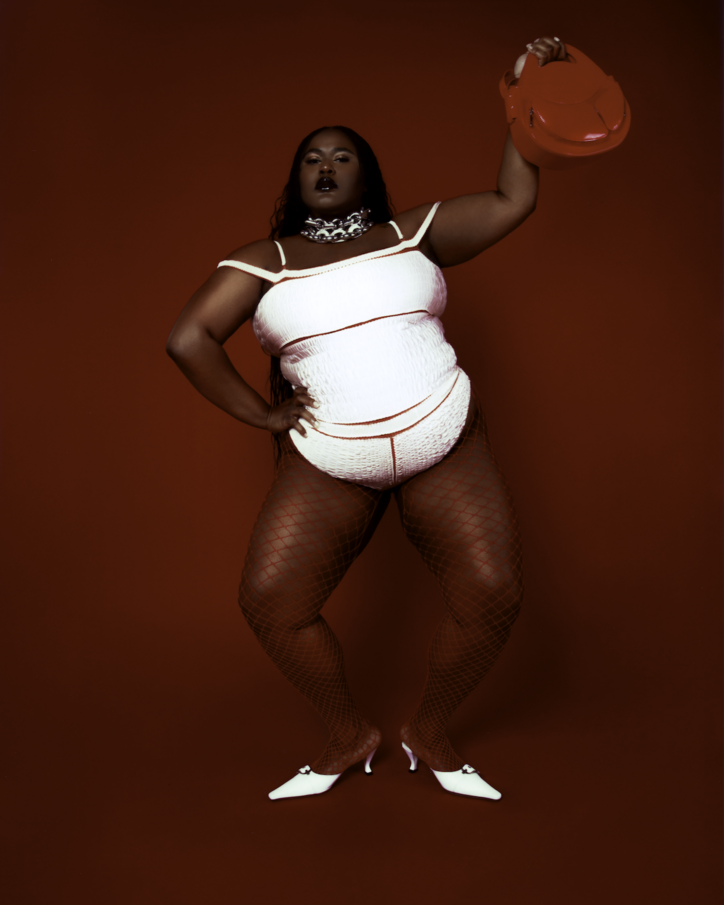
AIYANA wears BODYSUIT by SINÉAD O’DWYER, TIGHTS are STYLIST’S OWN, NECKLACE by SARA SHALA, BAG by HOMAGE YEAR, SHOES by BYFAR
Just as someone who is constantly dealing with this idea of valuing that my body is beautiful. I'm curious, when you say that 'I am beautiful, or desirable, or worthy,' do you mean it? How do you believe it?
I think that's the biggest thing I'm dealing with right now. I feel like I believe it but I'm also still working on it, and I think that's going to be the case forever. It's hard to unlearn systems that have been put in place for us for years. There are days where I walk around and feel like the hottest person ever, then others where I'm like, 'I'm not good enough, I'm not perfect enough.' I try to remind myself that I'm not alone in that feeling. Everyone feels that way, but I have to be my biggest supporter. If I can't at least look at myself and love who I am, no one else can. No matter how much external support I have from friends and coworkers, it has to come from me too so it really is a work in progress.
Every day is different, some days are better than others but I focus heavily on my 'why,' the reason I got into journalism and why I love the work that I do at Teen Vogue. I never got to see myself when I was little. I get so many kind messages from girls saying that the work that I do at Teen Vogue, how I post on Instagram, etcetera, makes them feel better about themselves, which lets me know that I'm not doing anything in vain. That there's a reason that I'm here. It also heals my younger self to know that I'm making a difference and motivating others to keep going.
Was your time at FAMU central to your focus on community and wanting to make space for more diversity in journalism – like with starting your podcast Black Fat Fashion?
I had spent all of my college career doing traditional news because fashion does not pay their interns and I couldn't afford to take a lot of unpaid internships. I just couldn't. So I did a lot of traditional internships like The Wall Street Journal, so I was scared because I hadn’t done anything fashion-related so I knew that I needed to find another way to cover fashion and so that’s how the podcast started.
I was talking to that same professor and she asked me to describe myself with three adjectives, and I was jokingly like ‘Black, fat, fashion,’ and she was like ‘Well that’s a title.’ I remember calling my mom and she was like ‘Do you really want to call yourself fat?’ That’s when I knew I had to make that the title of the podcast because that's the whole point. I spent my entire life running away from the word fat and didn’t want to anymore. So that was very cathartic. Being able to look back at podcasts and see that people I’ve interviewed have done what they set out to do is also so cool. It’s a nice home to have.
That’s really special, being able to reference these stories later. Being able to track my progress is something that I’m thinking a lot about too and how I’m going to push this along and continue to break boundaries.
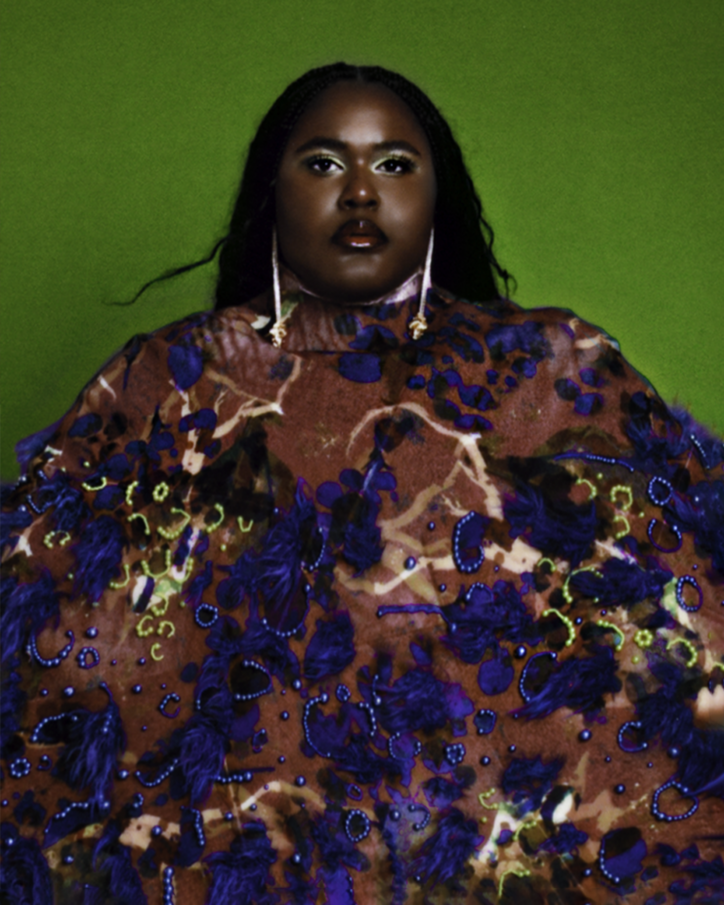
AIYANA wears CAPE by PIPENCO LORENA, EARRINGS by ACCHITTO
The Bella Hadid story in your ‘CTRL+C series’ was huge and the reason why I even found you was because I couldn’t believe nobody had written about this in a serious capacity before. Excuse how cliche this is, but what do you see as your trajectory? Where do you see yourself in five years? In fashion, in journalism, or simply supporting other Black and fat women?
The series idea really came from my reading magazines as a child and having editors share their stories about wearing something for a week. Again, I never saw an editor that looked like me so it was really cool to have such an amazing reaction to it. The series for me is about exploring how we don’t fit clothes, clothes should fit us and we should move into that mindset more than thinking that only certain bodies can wear particular things. It’s to literally show people that I can put on the same thing as Bella Hadid or Hailey Bieber and look just as good because clothes are all about confidence.
I was so drained after college that my senior year I was burnt out and really had nothing left to give. I was stuck in the mindset that I needed to have a certain title by a particular age to not feel like a failure, but my only goal now is to be happy and put out great work.
You saying that makes my skin crawl. What was like the defining moment of knowing your ‘why,’ of course it ebbs and flows, but in this moment what is it?
I always say my ‘why’ is community-focused. I really do it for the girls, for anyone that sees me and feels seen because of it. That’s really the only thing I’m chasing. I’m showing up exactly how I am and trying to set a new standard, that being in this industry doesn’t mean changing who you are. You can be in the spaces you’ve always dreamed about without changing a single thing. I come from a very Black-Christian family and there’s a quote that I found when I was a sophomore in high school and it’s stuck with me since: “When I stand before God at the end of my life, I would hope that I would not have a single bit of talent left, and could say, 'I used everything you gave me’”. I don’t know how long I’m here, but I want to make sure that what I’m doing is important and impactful and that I’m using everything God gave me to show up as who I need to be.
When I applied for the job at Teen Vogue, I was so confident that I was going to get it because I knew that I was great and felt that I deserved to be there. My friends said that I really spoke it into existence.
I'm assuming because of your position at Teen Vogue, you get a lot of younger people asking how you did it. What advice would you give them?
Literally just start. It sounds simple, but it’s the truth because people will sit and wait until they think they’re a better writer to freelance. However, if you don’t get rid of that mental block and start now, you aren't going to get anywhere. When people see me with the glitz and the glam and all that stuff, it’s more than that. You really can’t get anywhere without doing the work and that’s something that my dad, as a football coach, really instilled in me. Champions aren’t made on game day, they’re made during practice.
If you wait until the perfect moment, it’s never coming.
Exactly.
Are there any designers that you’d love to work with? And also a lot of designers that you write about don't make clothes that fit your body so how do you navigate that?
I'd say in a dream world I would love to work with Daniel Roseberry. I love Schiaparelli. I think his dresses are insane. I would also love a custom Christopher John Rogers. I love his work. I think it's so fun and I would love to see myself in a dress of his, which kind of goes in tandem with the second part of your question. It’s very difficult especially because high luxury designers don’t create clothes over a size 10 or 12 and that’s being kind to them [laugh] and so at times it feels like the industry hasn’t changed much.. I am really grateful for all the brands that are doing the work of making plus-size clothes, but when people come up to me and ask what I’m wearing and it’s not one they’re familiar with, sometimes they discredit brands that are providing clothes in my size in the first place.
Do you think that these legacy fashion houses will ever be able to offer that? Or is it really the responsibility of up-and-coming designers?
I think it's complicated. 'cause I feel like there's so many ways it could go. I was just talking to a friend of mine who just became a designer at a brand and she brought up the topic of making bigger sizes and they started giving her different reasons, but she continues to spark conversations around this so for the larger design houses I think it will come down to a similar process. If the people that are being hired start fighting for this, things will change, but that’s really up to chance. The newer brands are more open to it. They’re smaller, they’re spunky, and have a different set of values.
For many it’s even part of their mission statements.
There’s also the deciding factor of a moment when an up-and-coming designer shows up and takes off so brands follow suit in a similar way. It happened in the beauty industry when Rihanna came through with Fenty. She really transformed the industry wholly in regards to color.
Irreversibly I'd say.
When she came out with that 46-color range and people saw how quickly she grew and how much she was selling, people were scared. Unfortunately, it comes down to the money. I think brands are still trying to prove that plus-size fashion is viable. It’s a big risk especially for design houses that don’t have the financial backing as others.
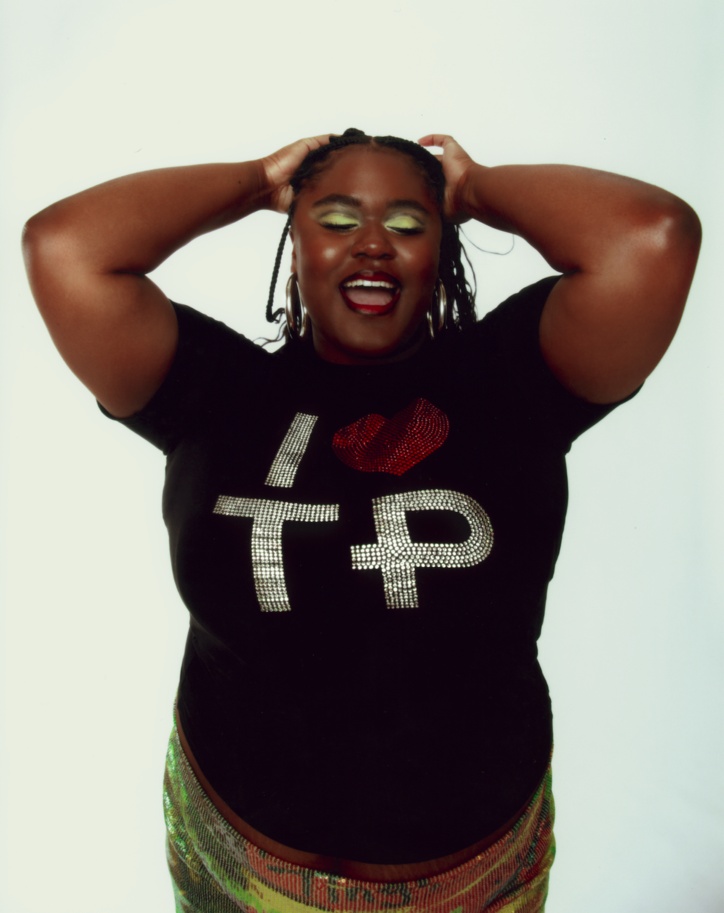
AIYANA wears TOP and SKIRT by THEOPHILIO, EARRINGS by JENNIFER FISHER
If there was ever a time for that to happen, I feel like we're living in it right now. Every time I'm on Instagram during fashion week, I'm like, ‘God, that’s amazing.’ The smaller designers are really turning the party. It’s so impressive.
I know that recently you started Pilates, which – at least in my mind – is typically a very white, and thin woman’s exercise regimen. How has that been?
So I’m truly grateful I stumbled into Pilates. It actually just happened because a friend that I went to high school with became an instructor and invited me to take a chance. I was hesitant at first, because like you said I associate that with thin, wealthy, white women and didn’t think that I would fit in. I was very nervous, but having my first class with an instructor who was a Black woman made it very welcoming and I was obsessed in that moment as a former athlete. I’m always interested in new ways to move my body.
I wanted to make sure that my job isn’t the only thing I talk about so I wanted to have a hobby that I cared about. In New York it’s very easy to fall into always thinking about work with friends who also work in media. It’s nice to know that being very visible on social media is also valuable to certain people. Even just posting about Pilates has inspired others to try it out for themselves. I don’t want to conform and I want to make other people feel like they can step out of what they thought they had to be, which has stuck with me since middle school.
And I do think you're doing that. So congratulations to you [laugh]. What has been your favorite interview thus far?
The favorite interview I did was a story called ‘Why I Stay’ in which I spoke to 45 young, Black and Brown people who work in fashion about why they’ve chosen to stay in an industry that’s constantly pushing them out and those conversations were really cool. It was nice to talk to other people my age pursuing the same careers. A celebrity interview I did was when I spoke with Ariana Grande, which was like my two worlds colliding – like theater and beauty so that was surreal. I’ve been a fan of her since she was on Broadway and she said that no one brings that up so we had a little moment.
